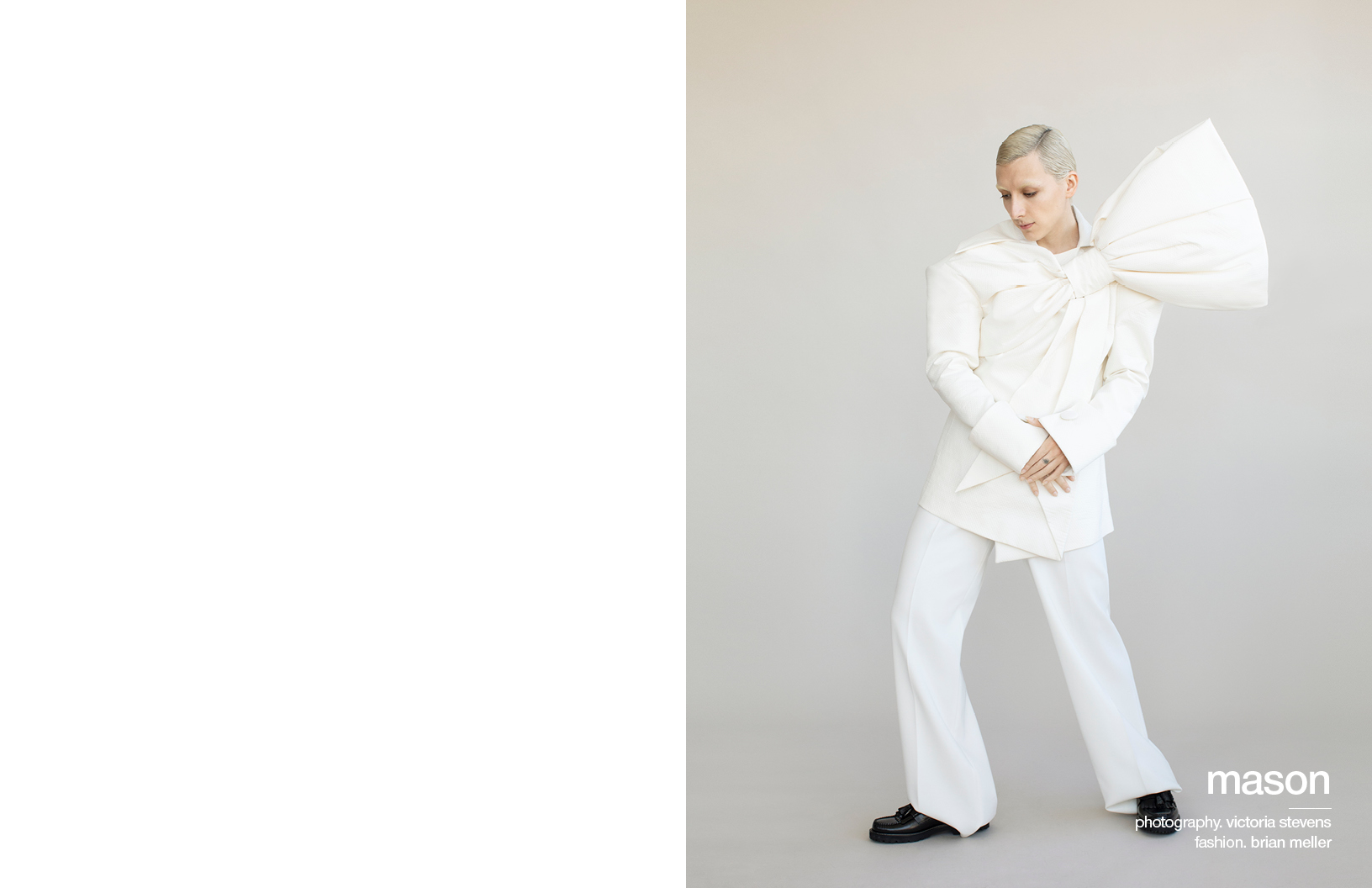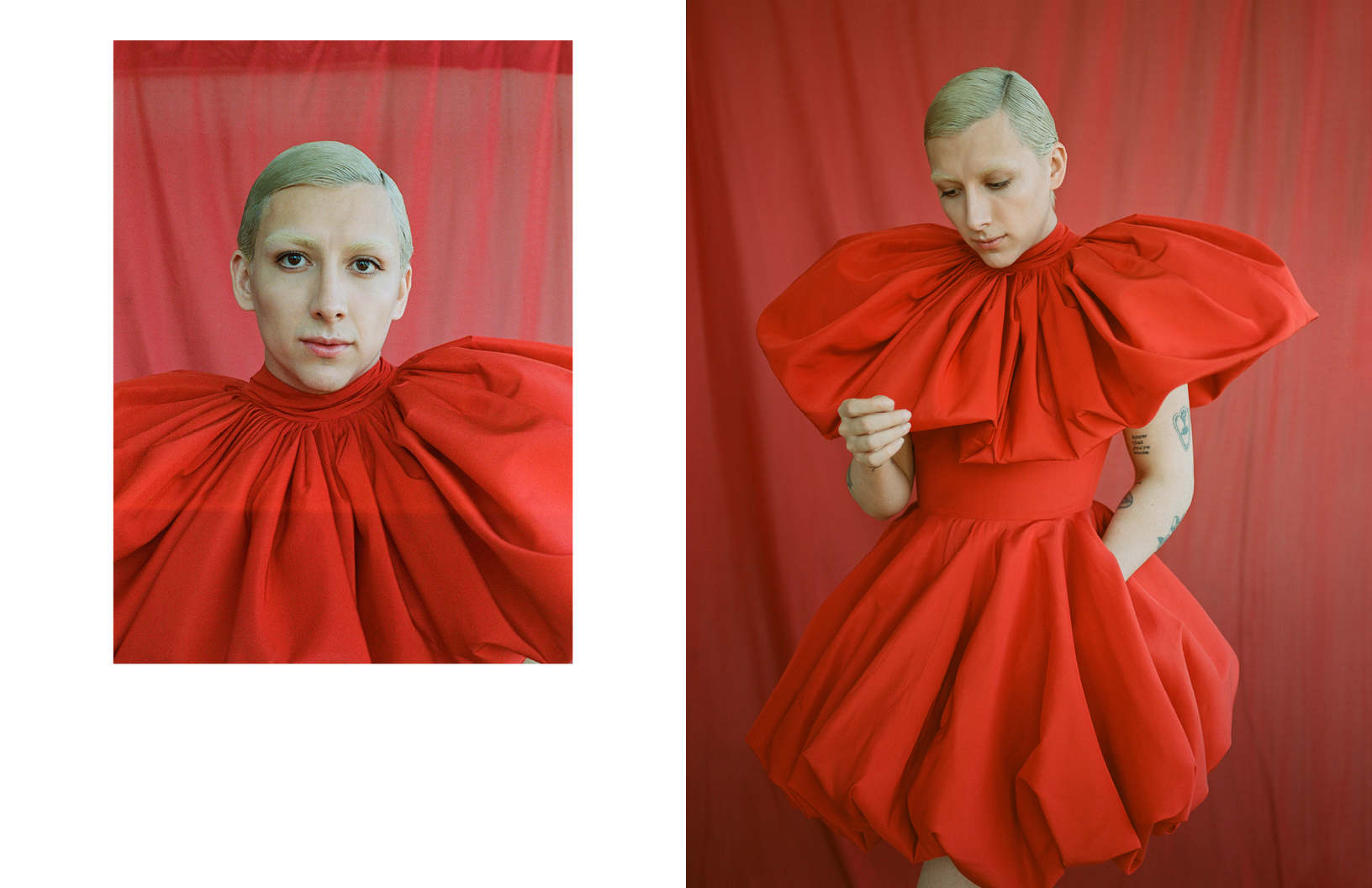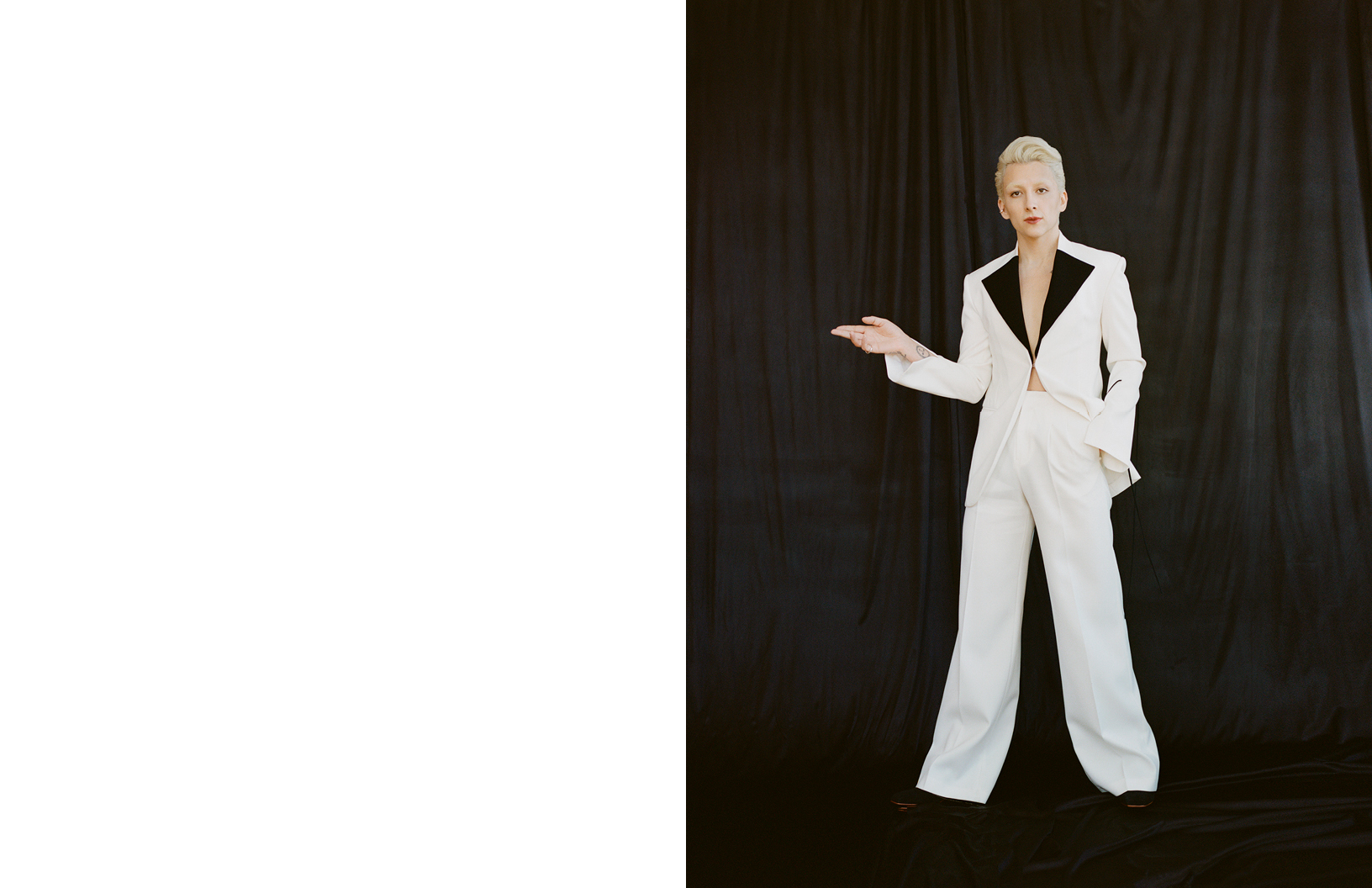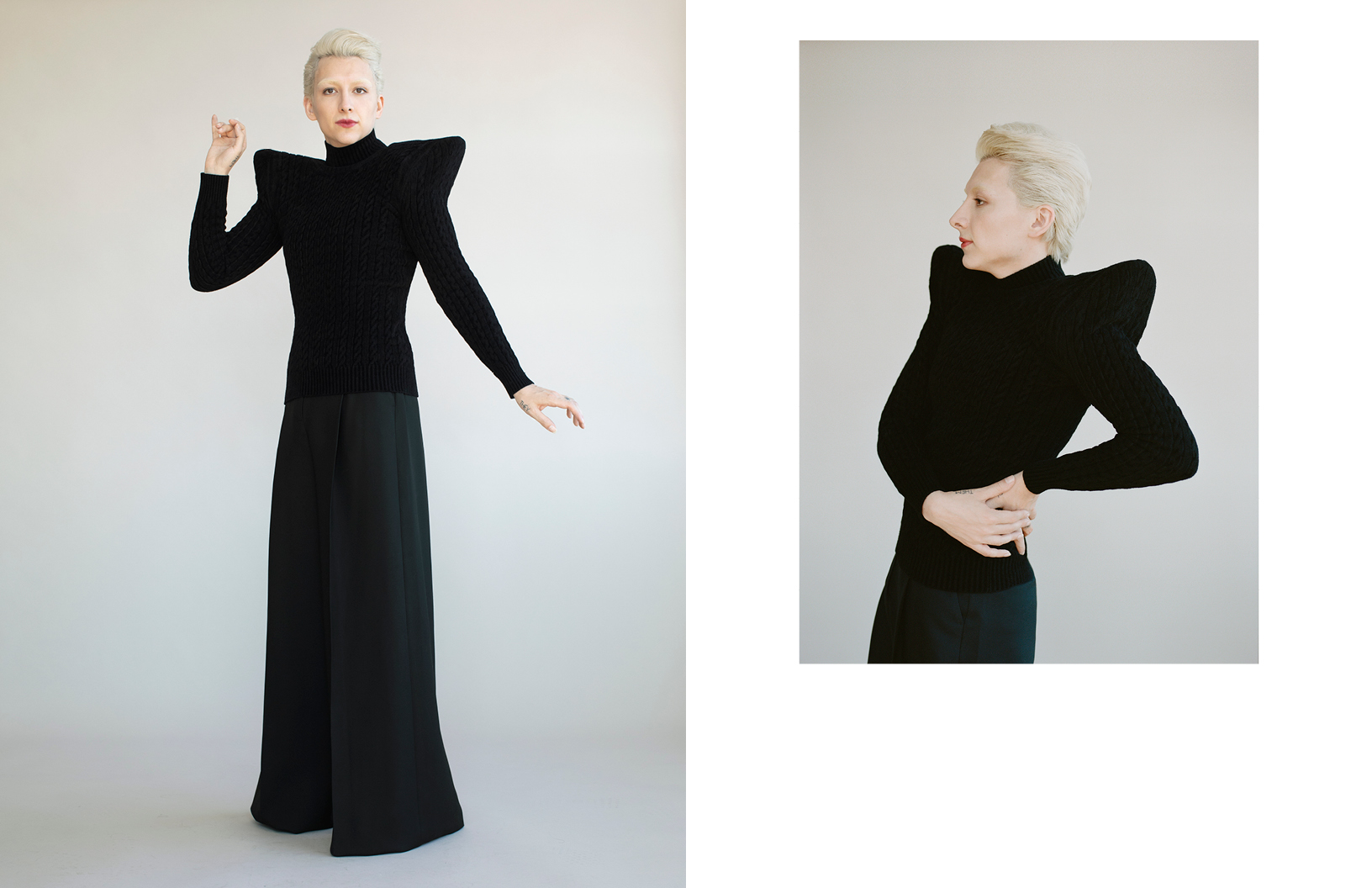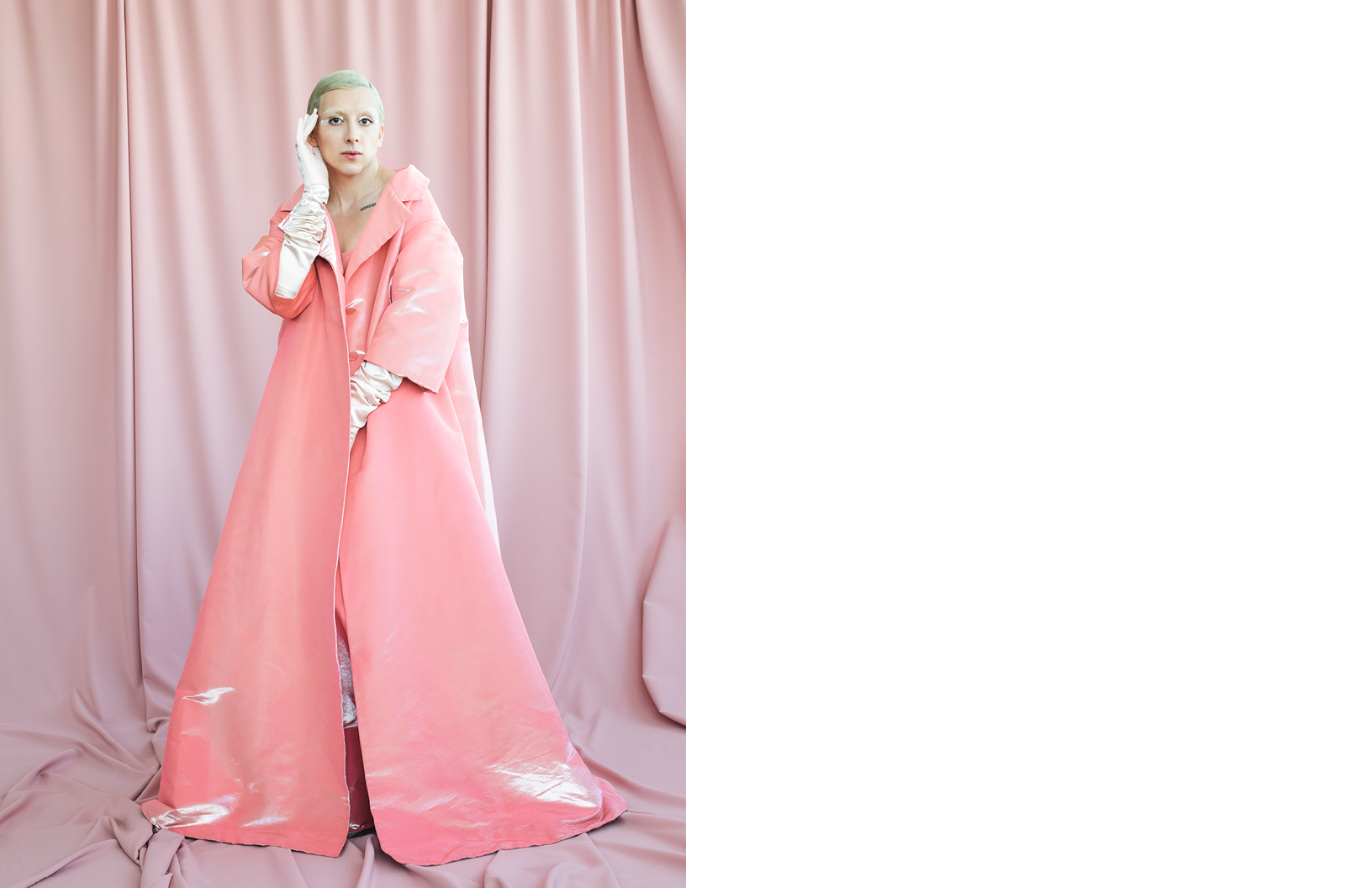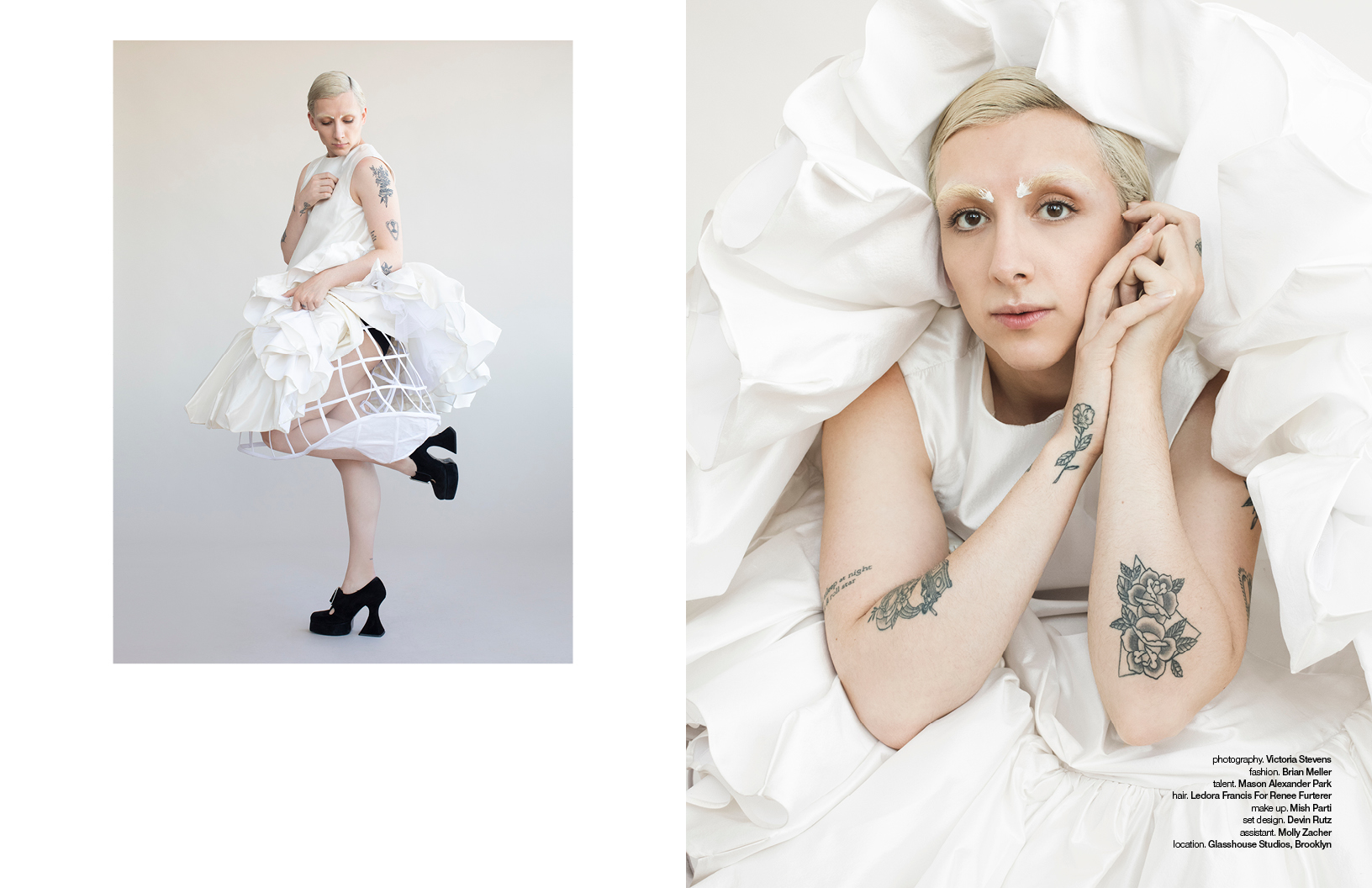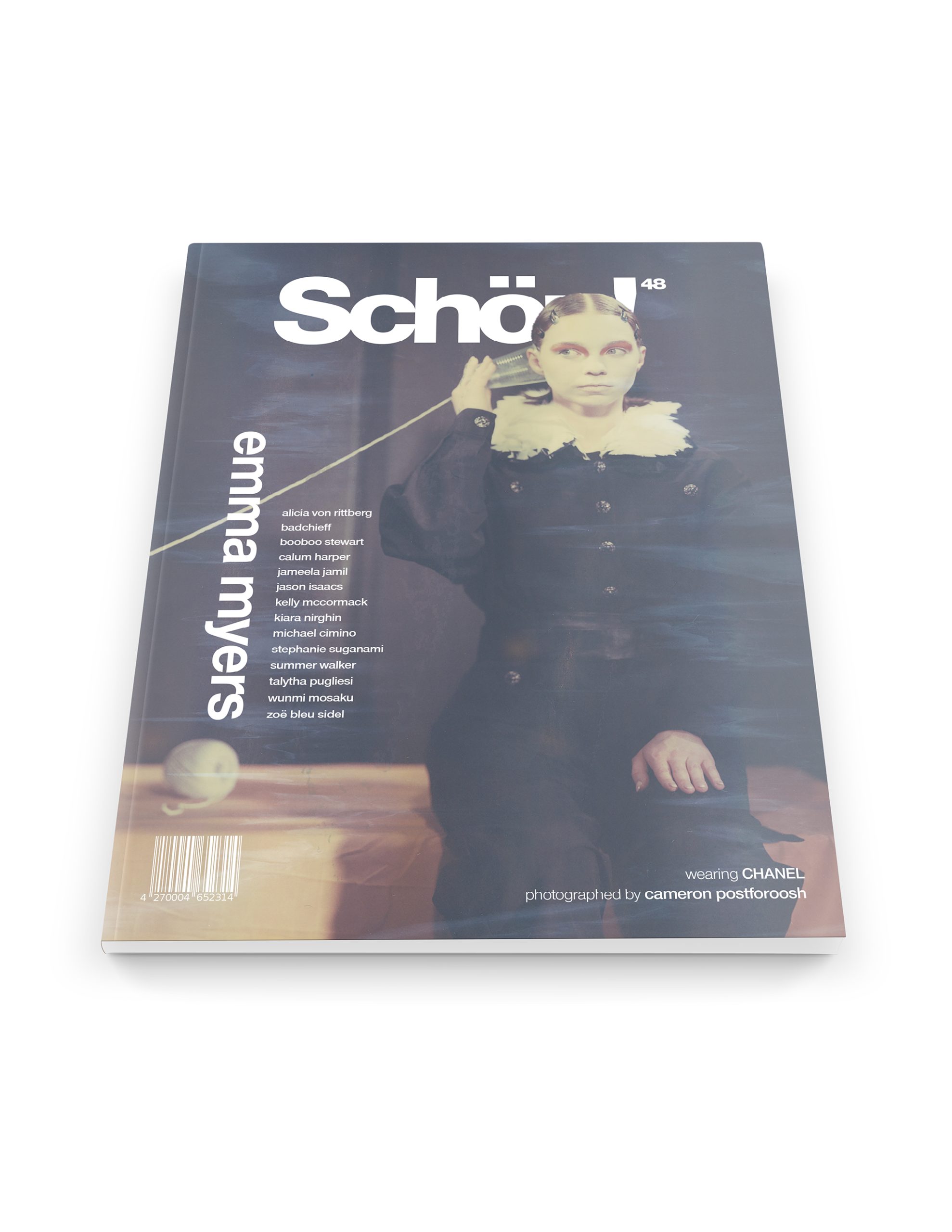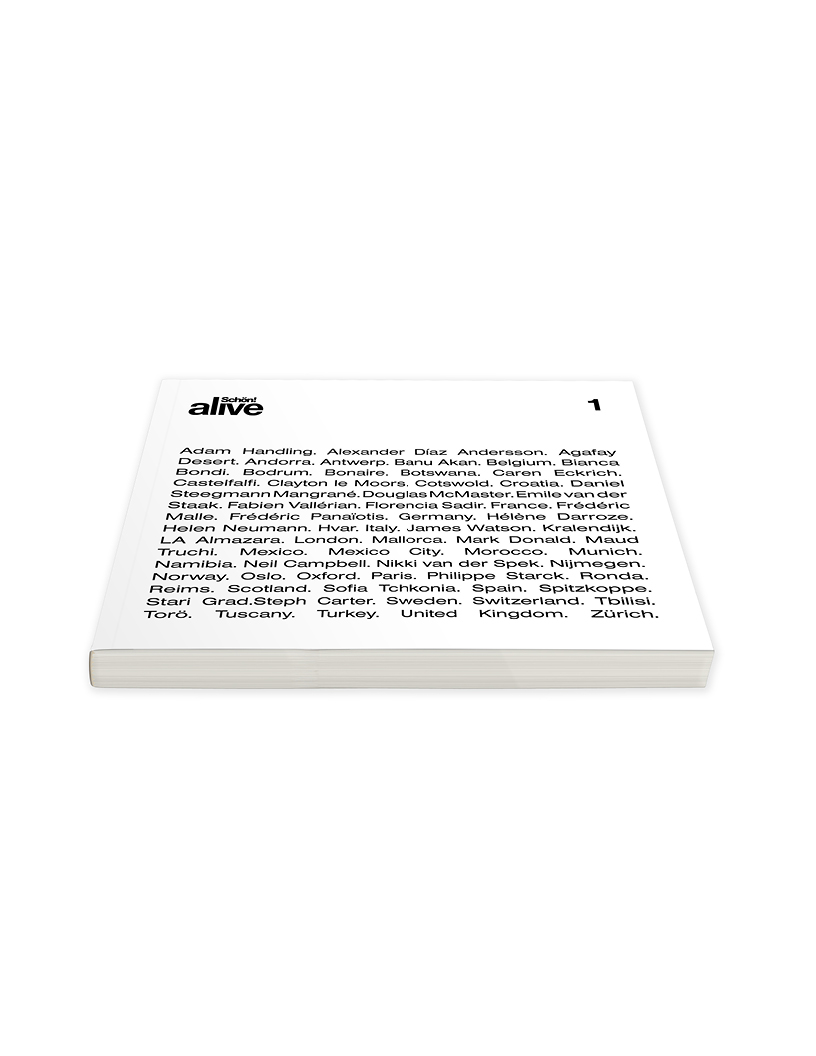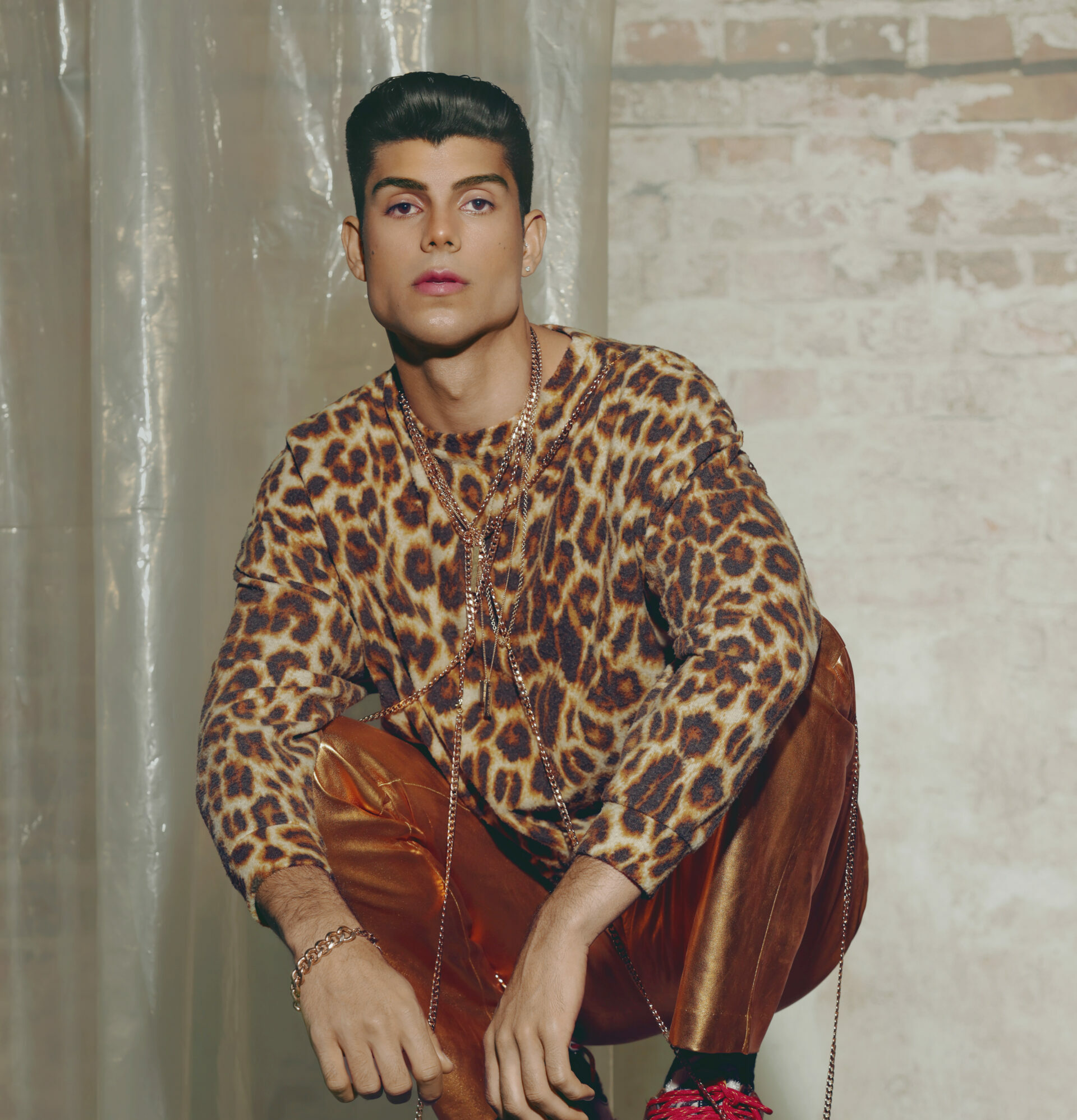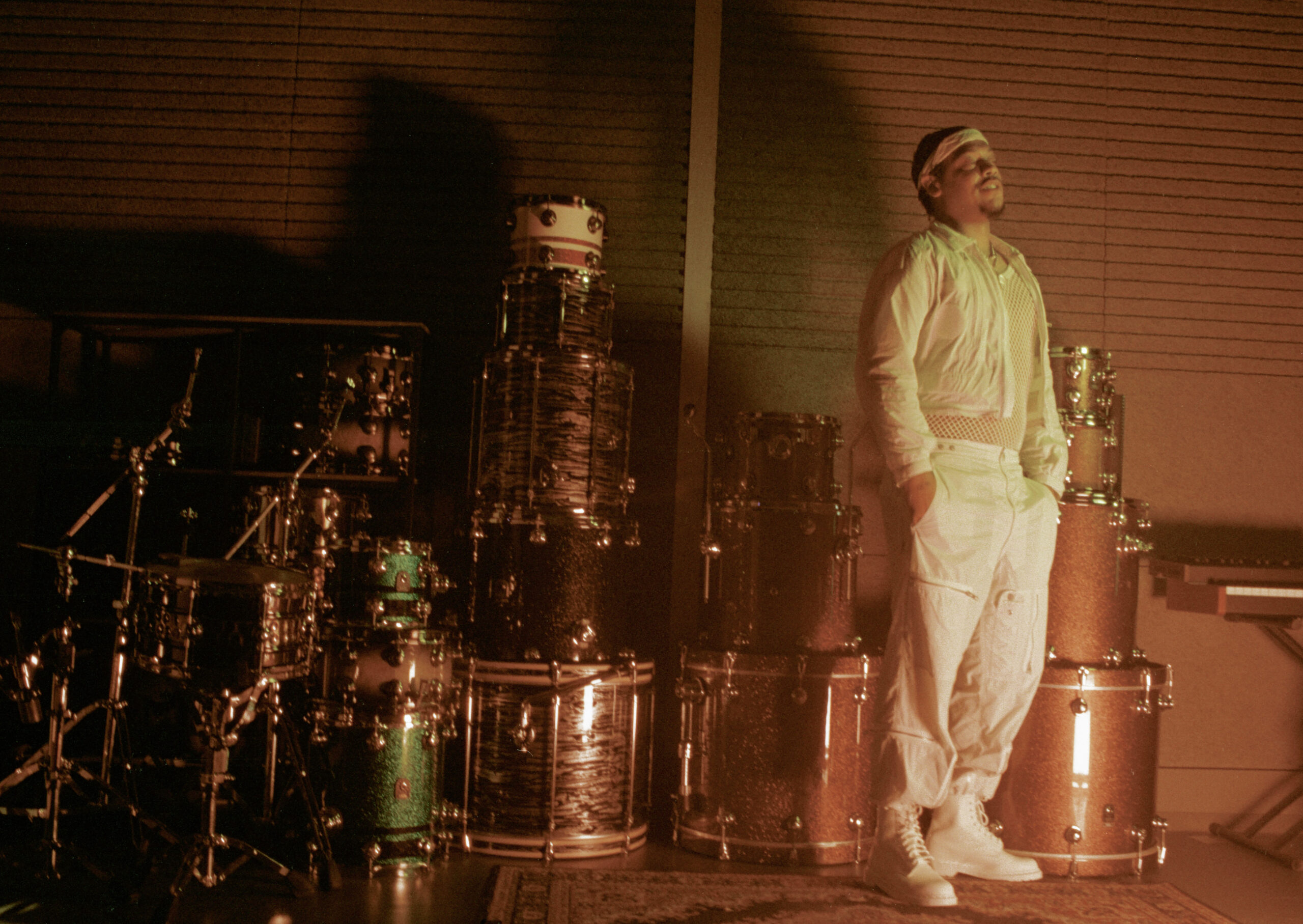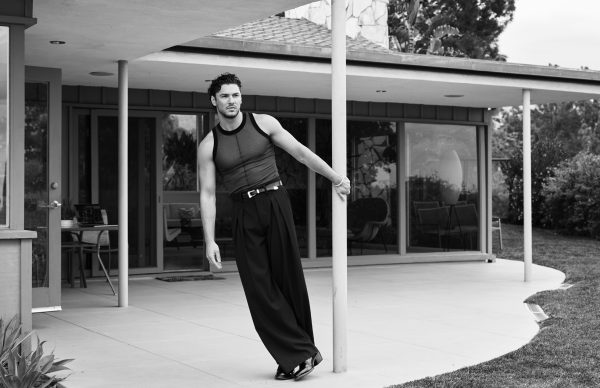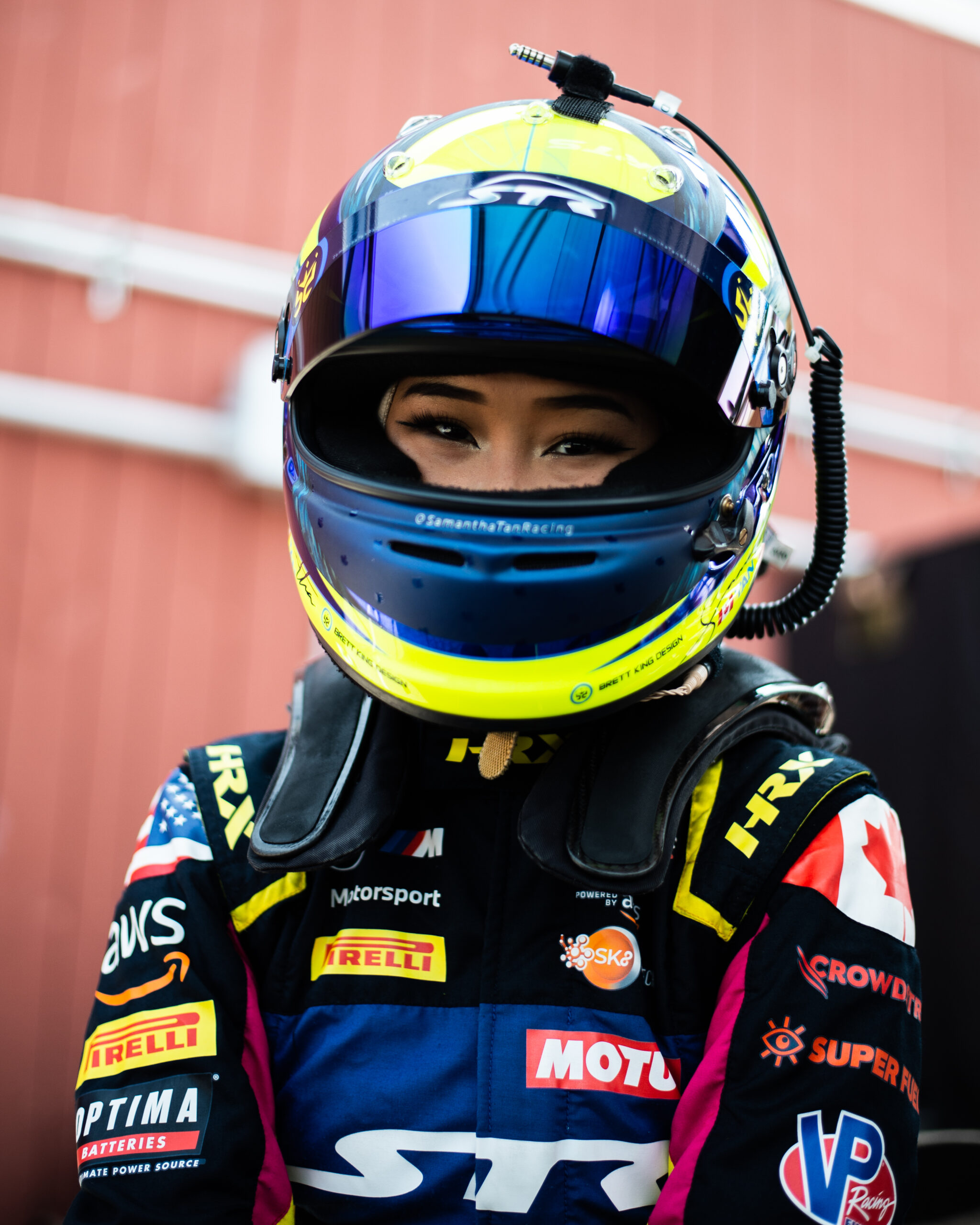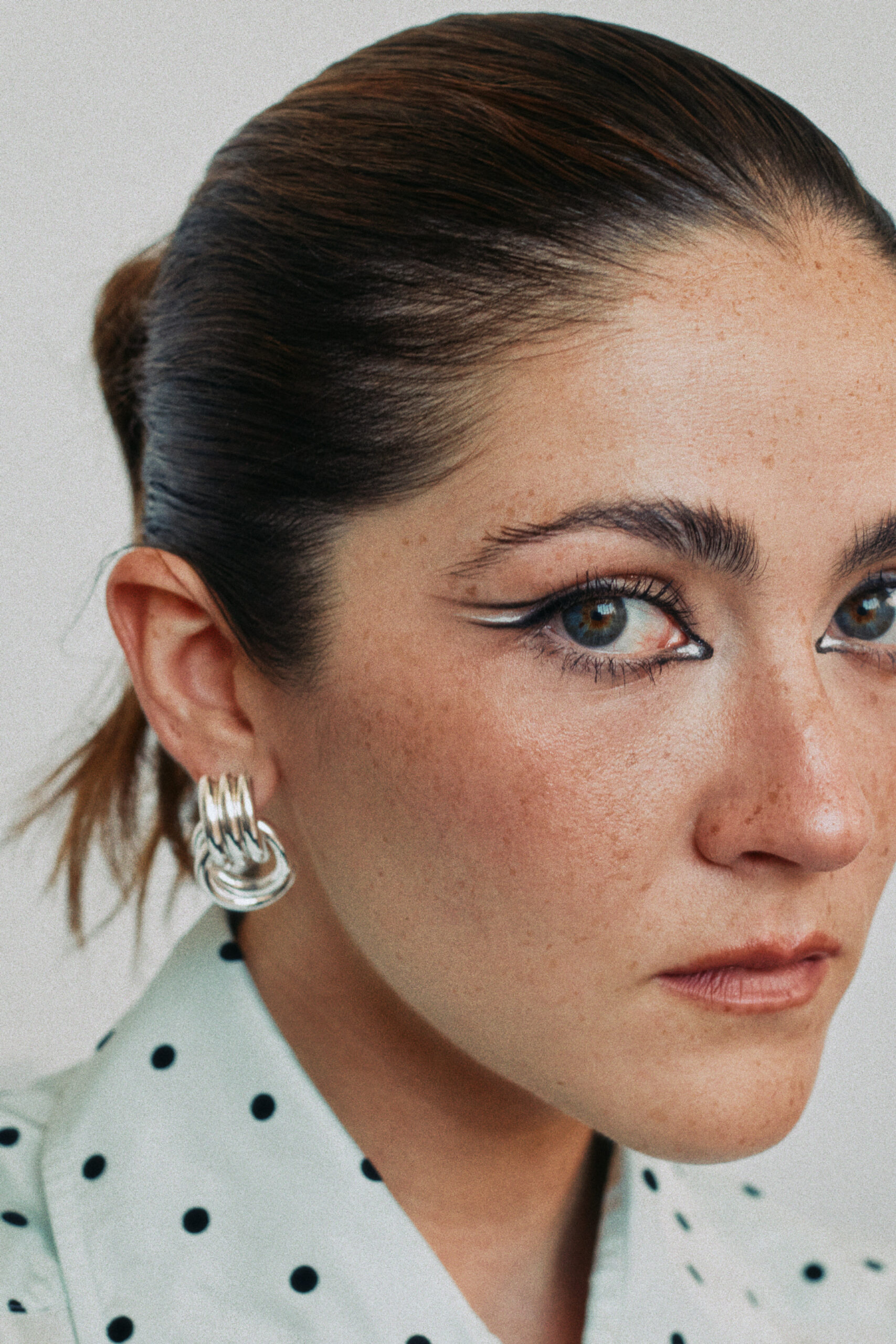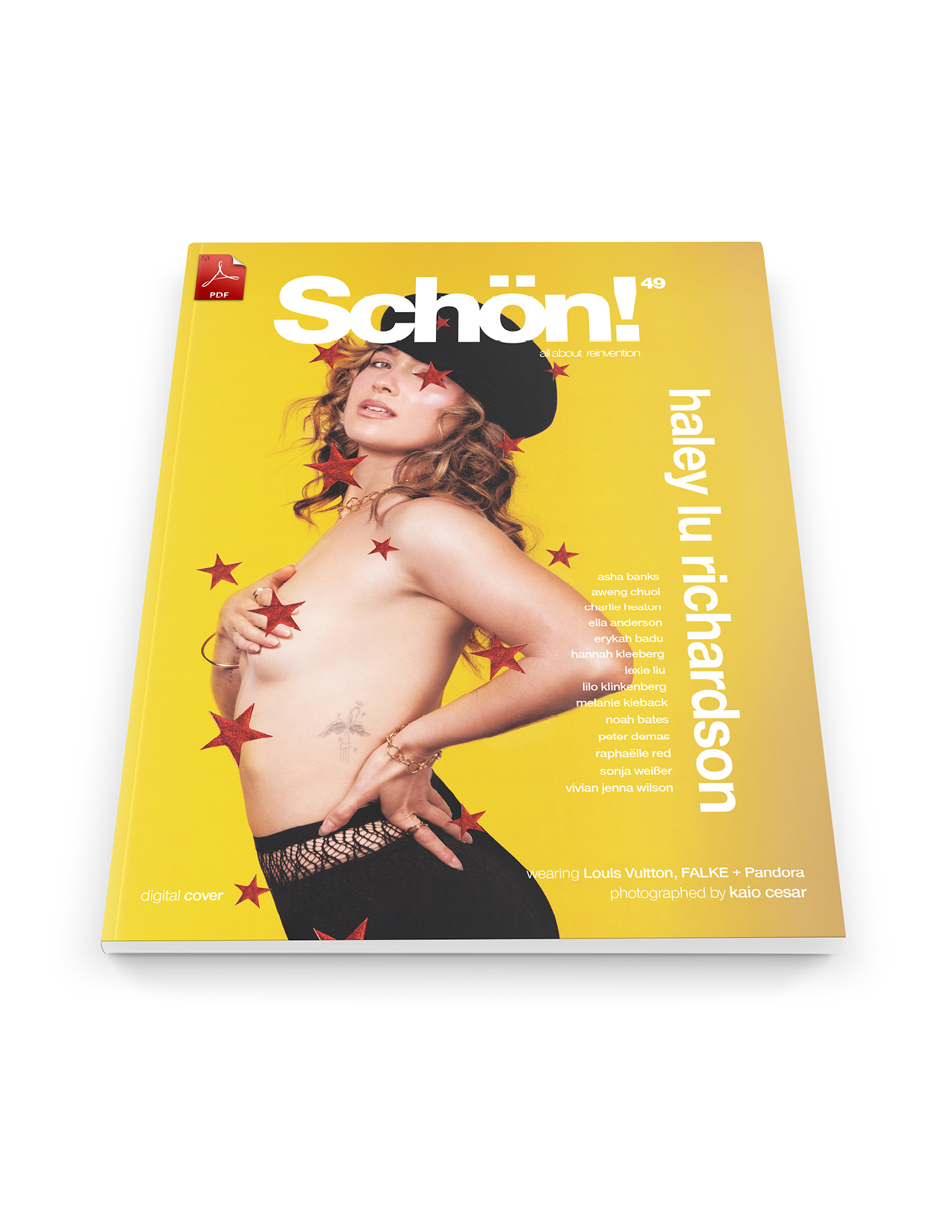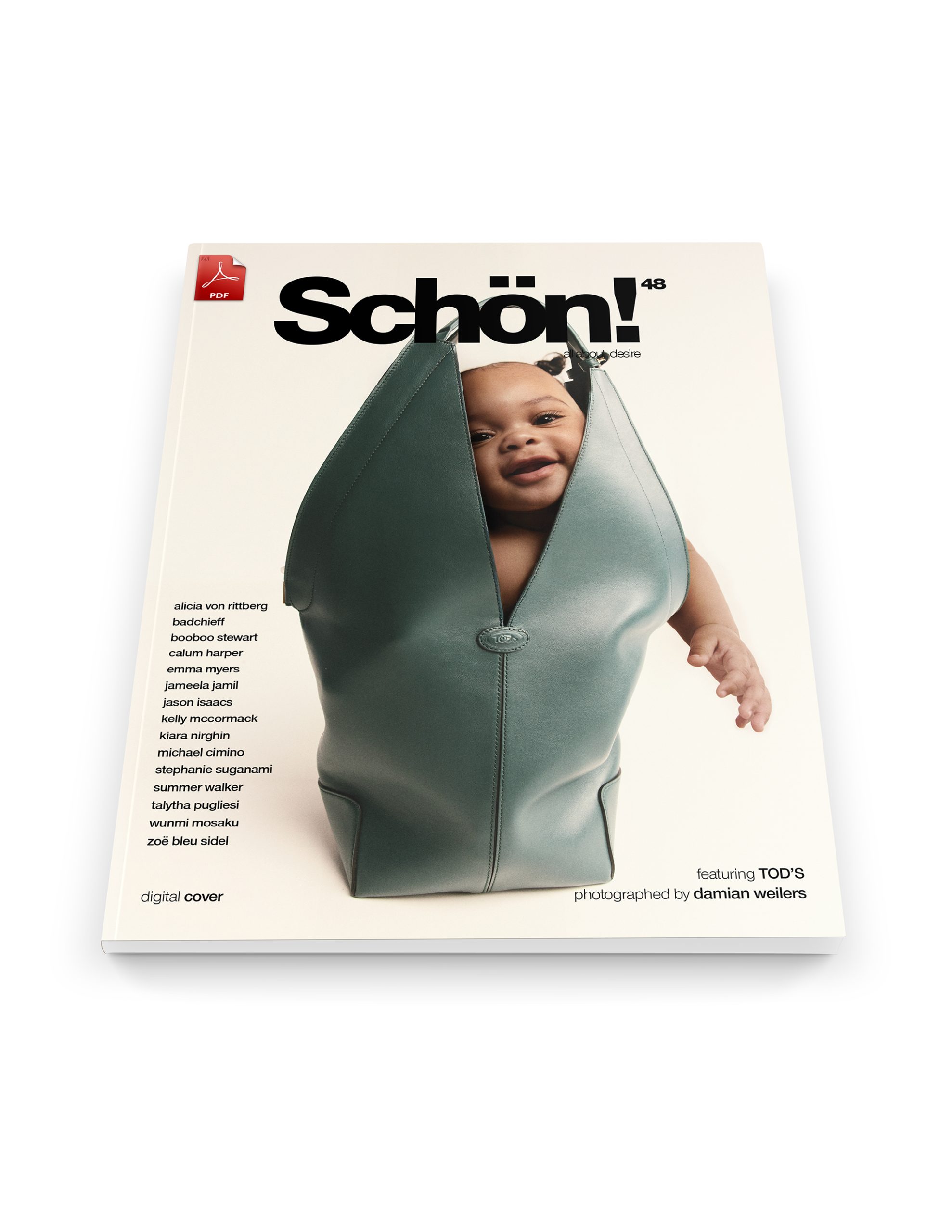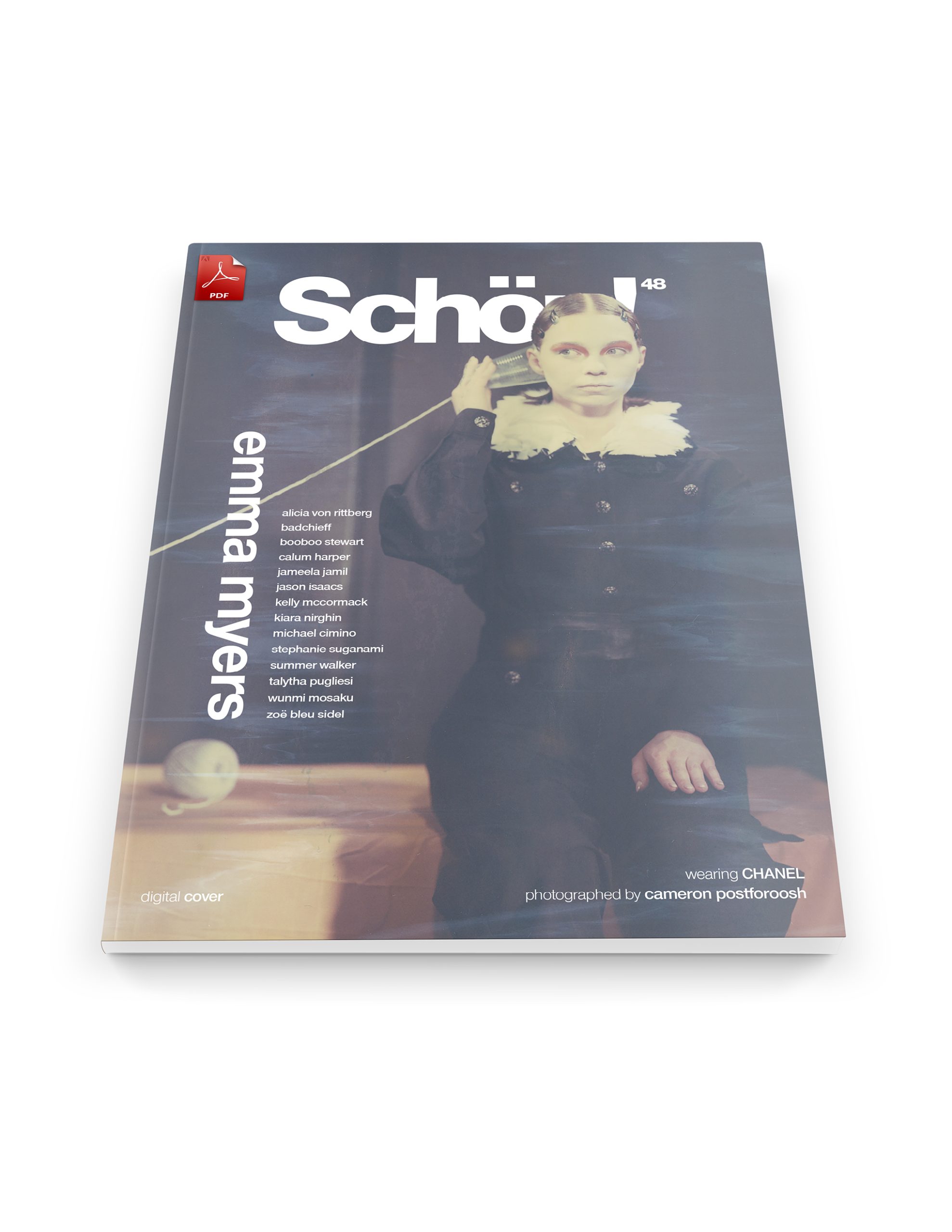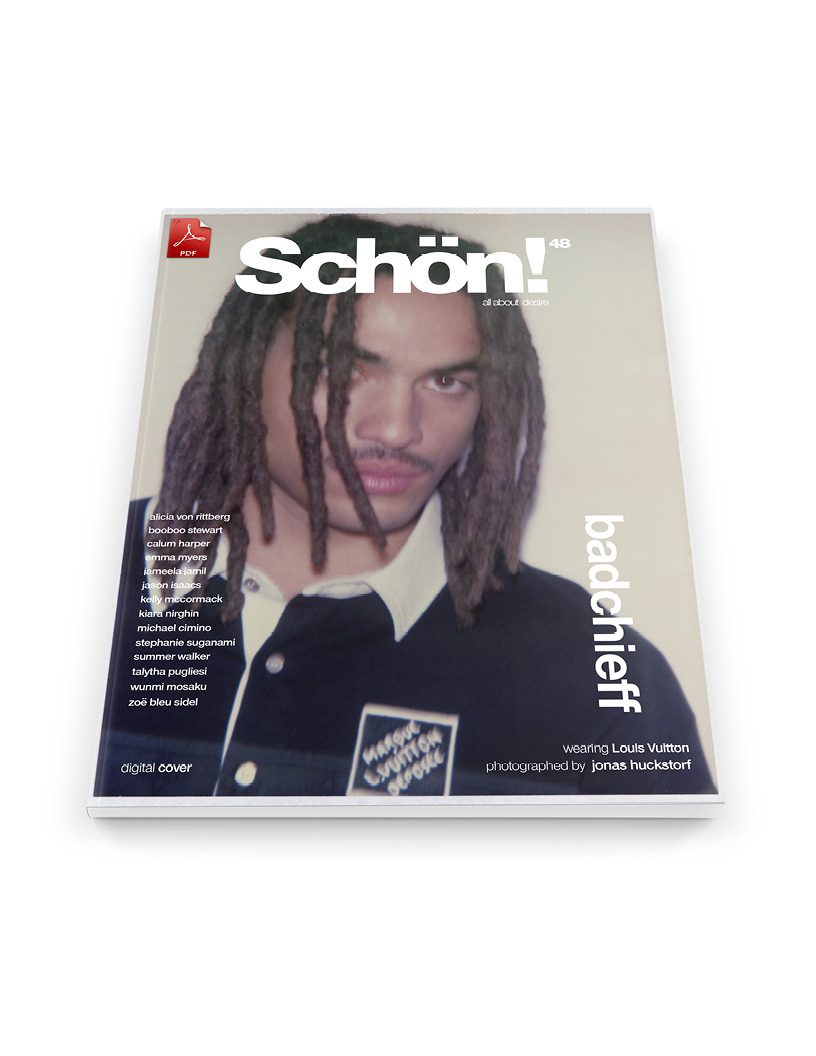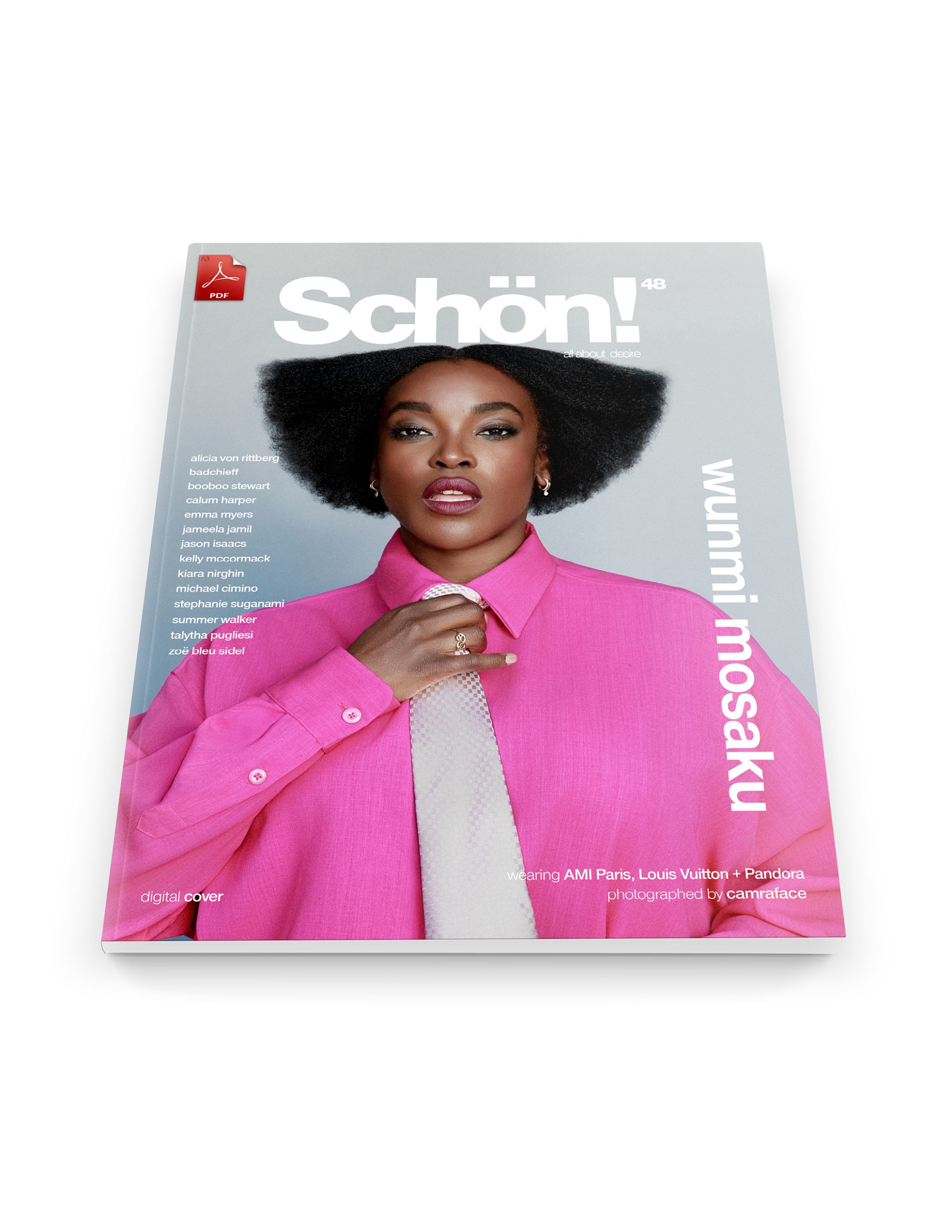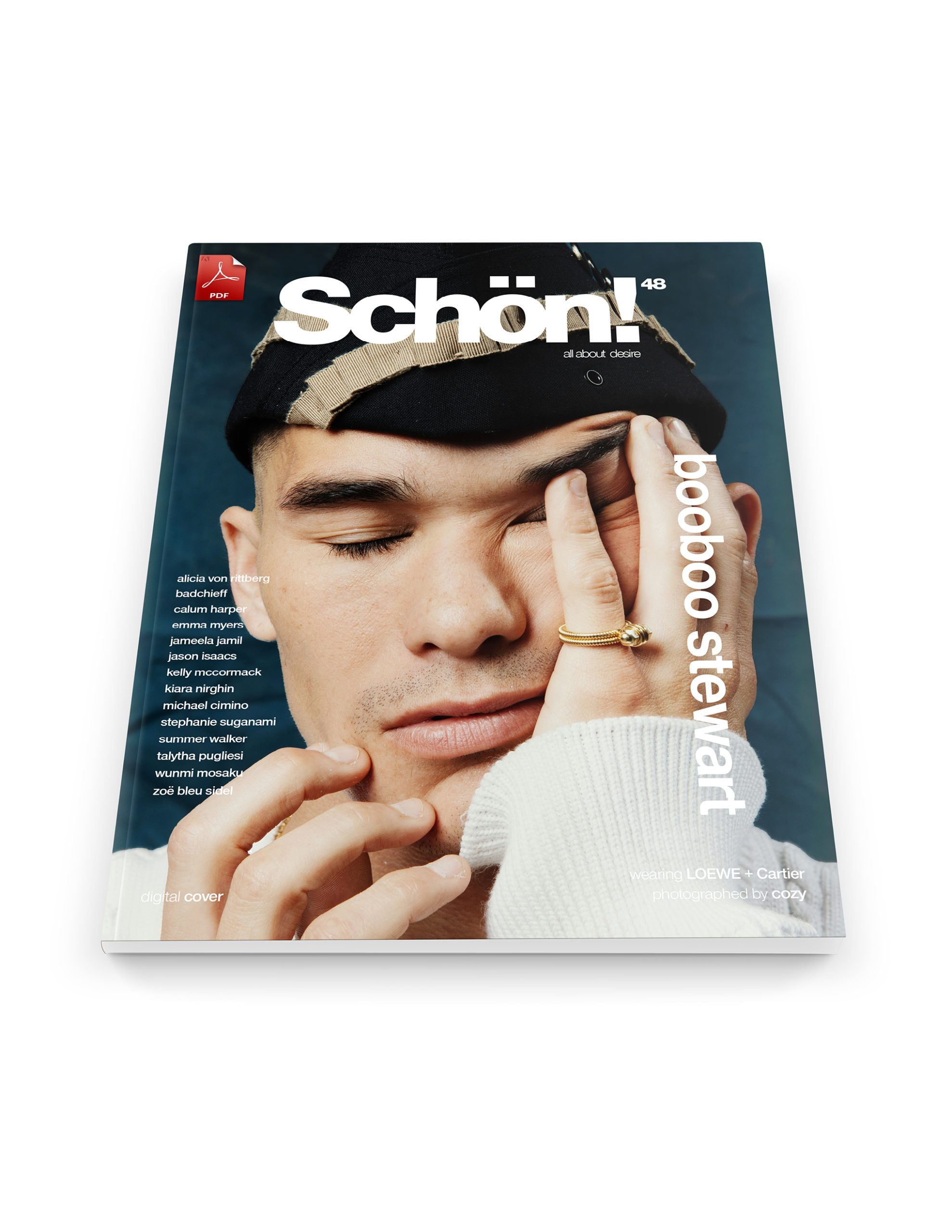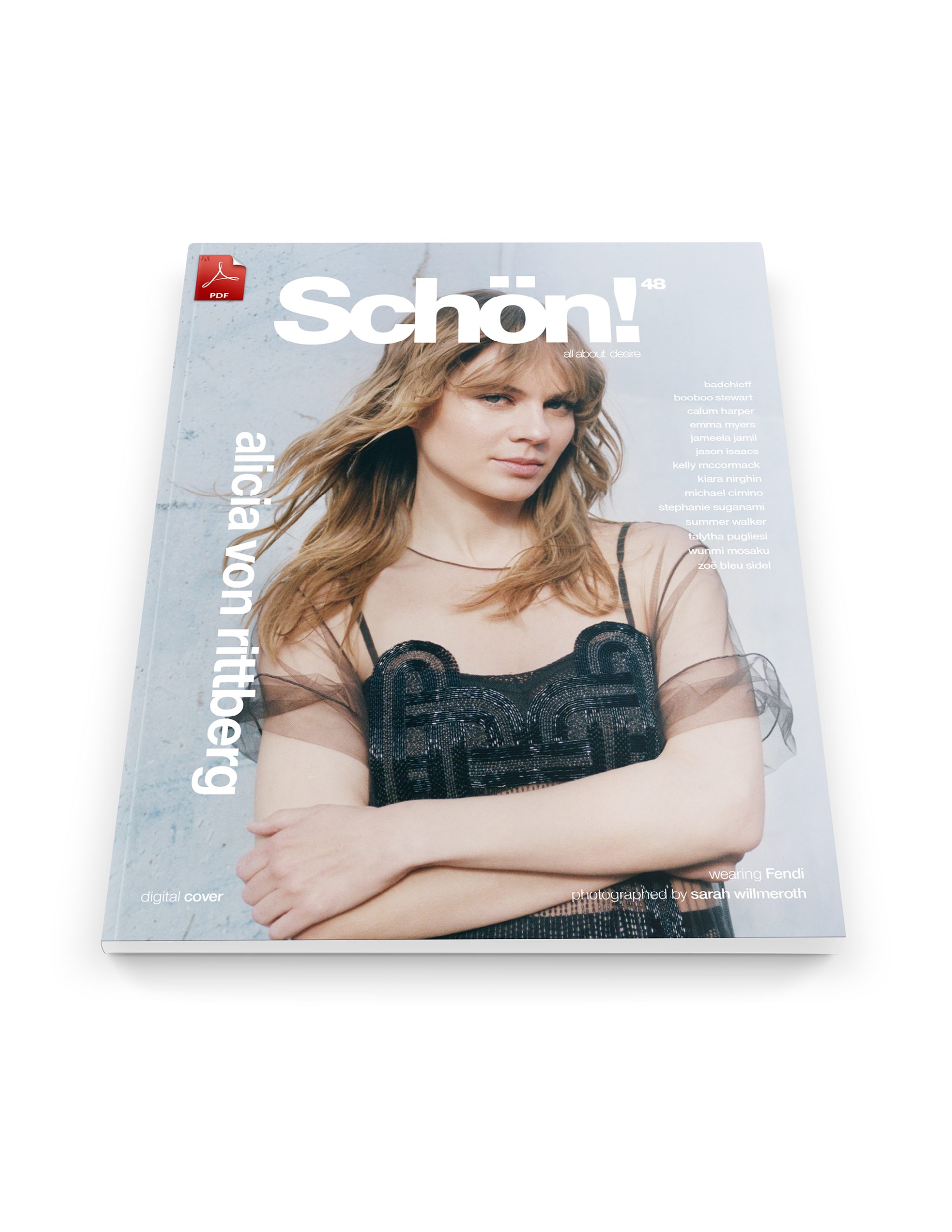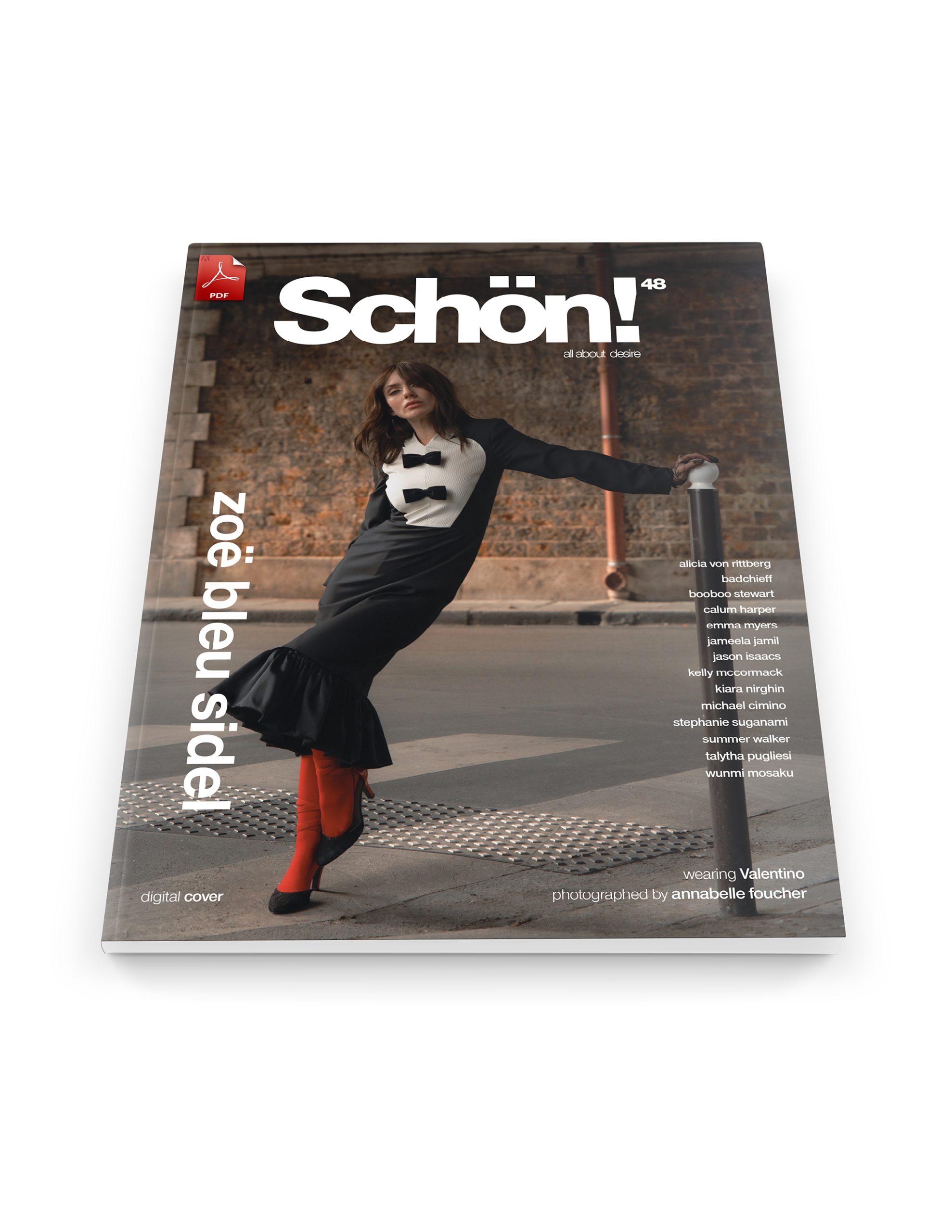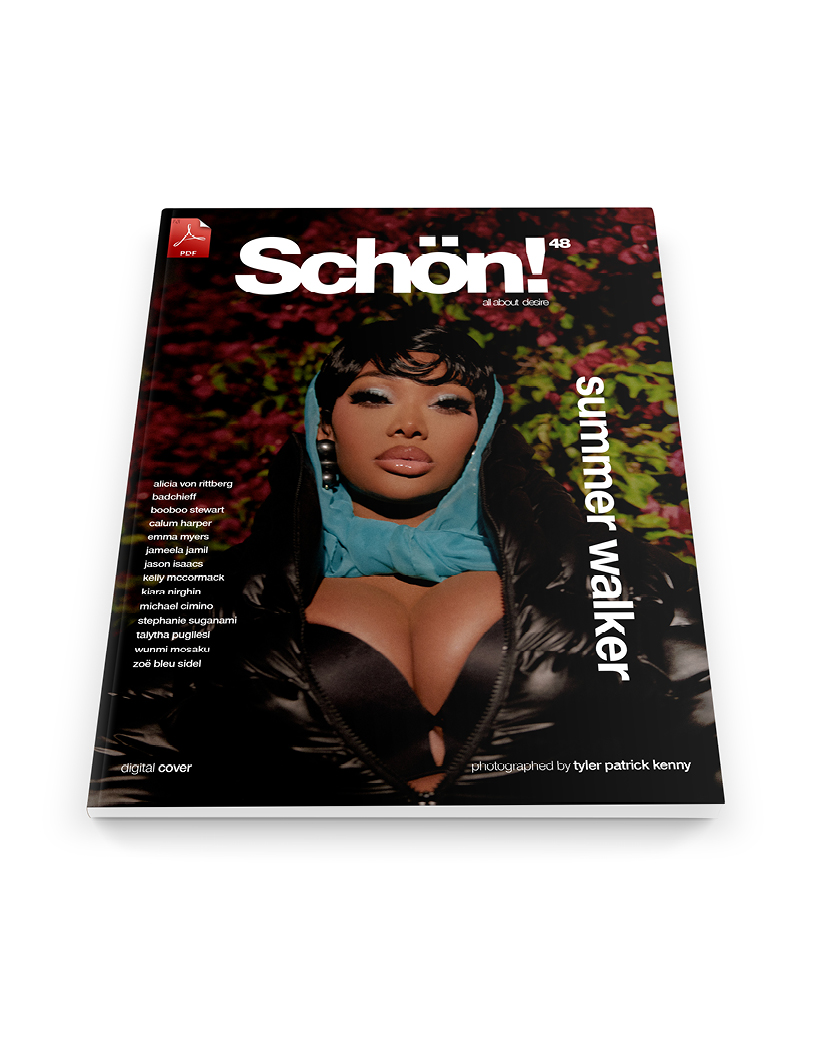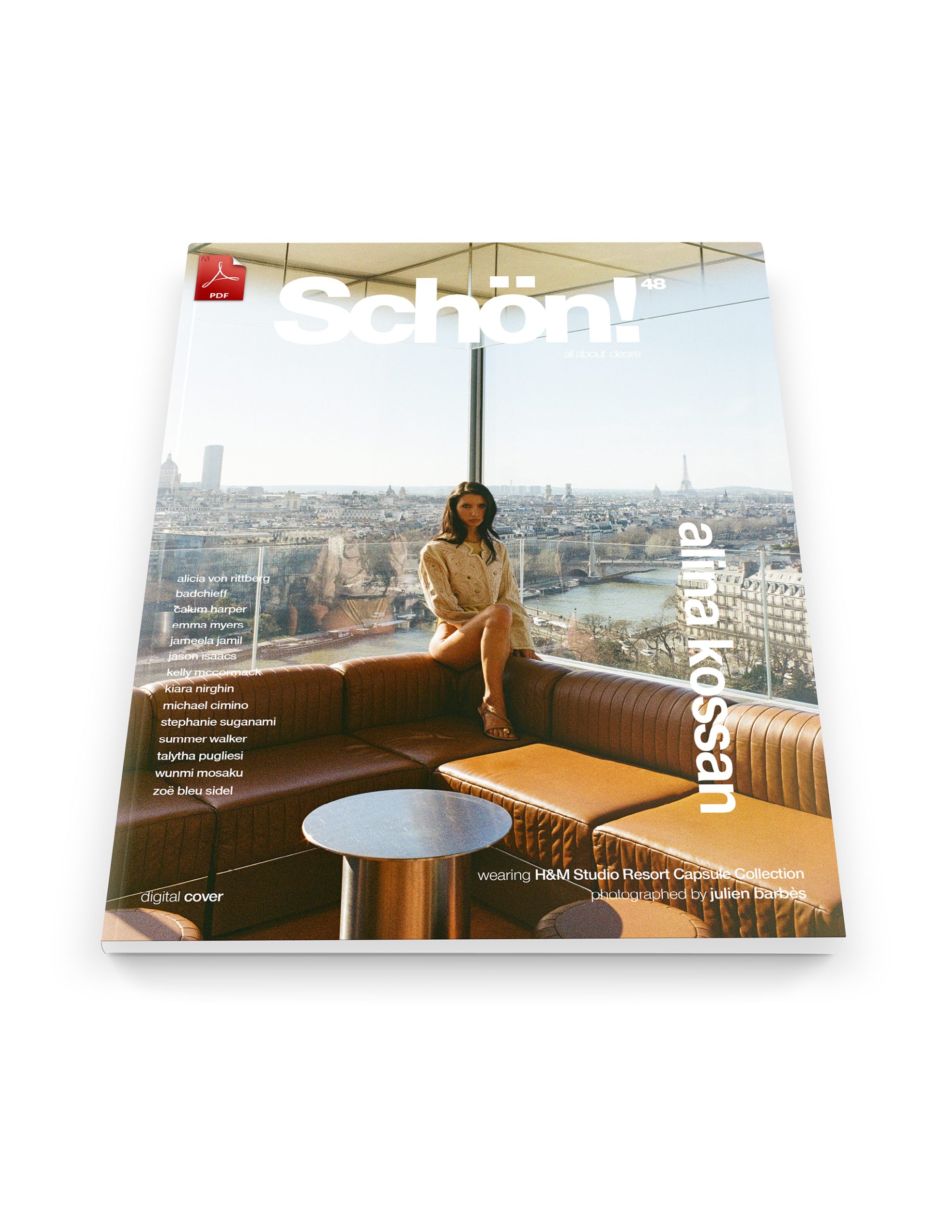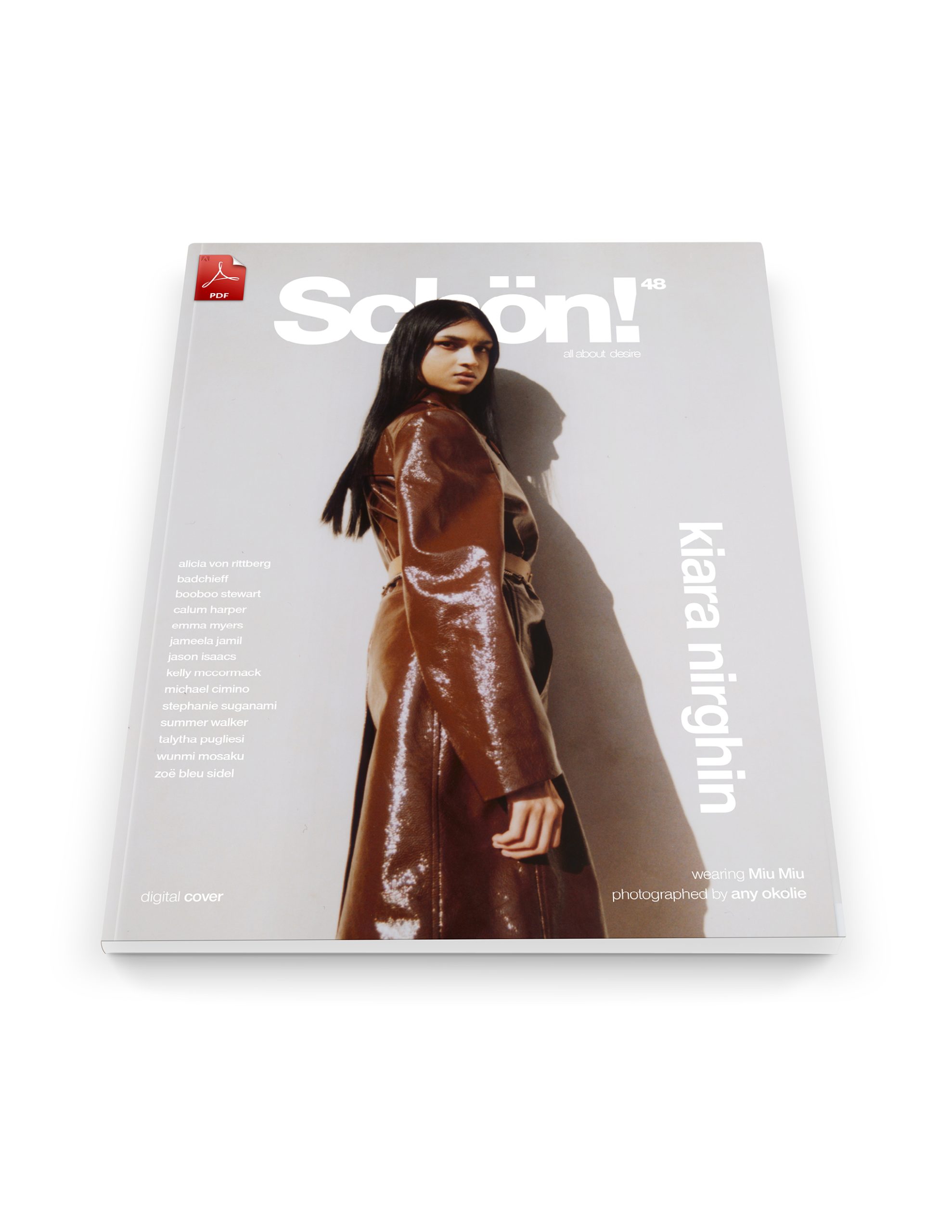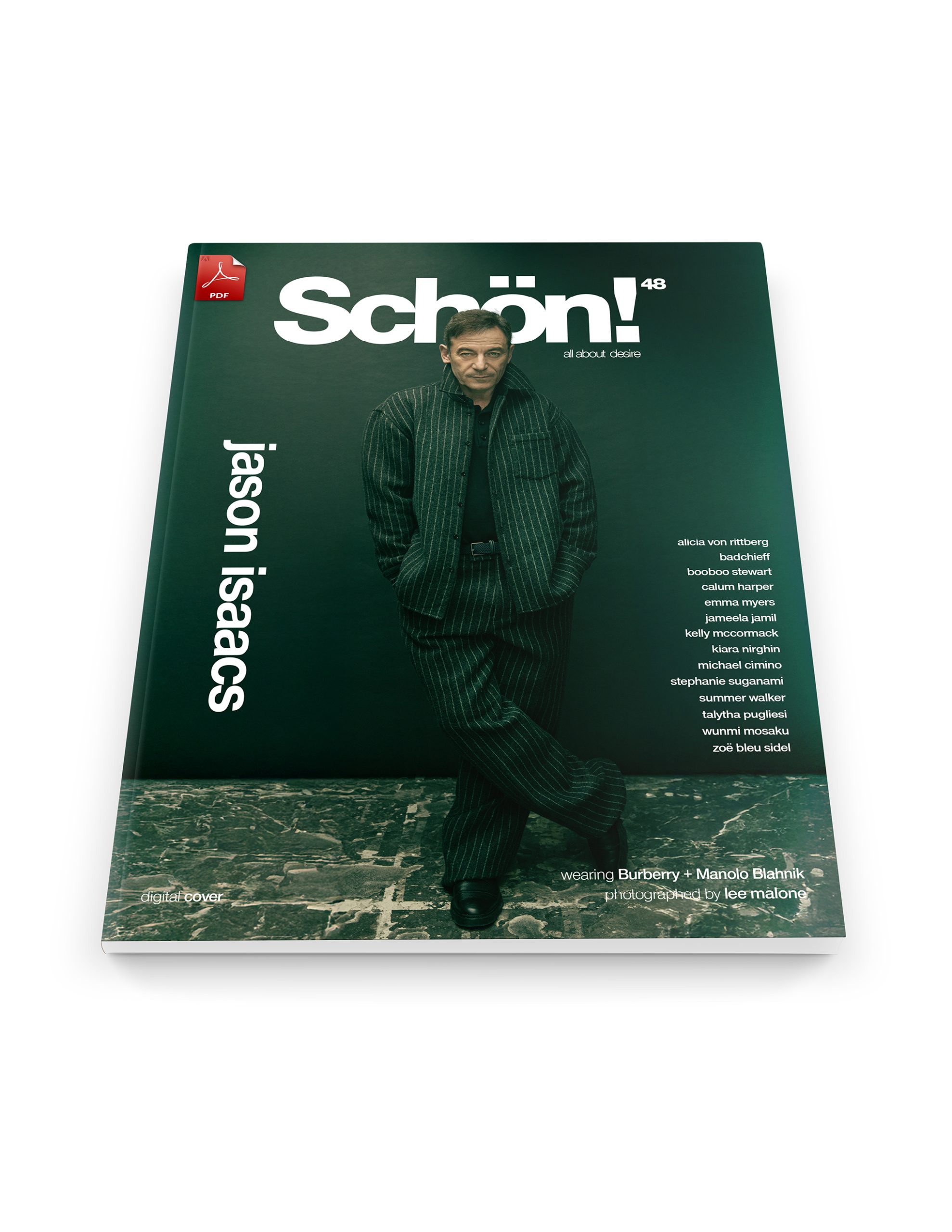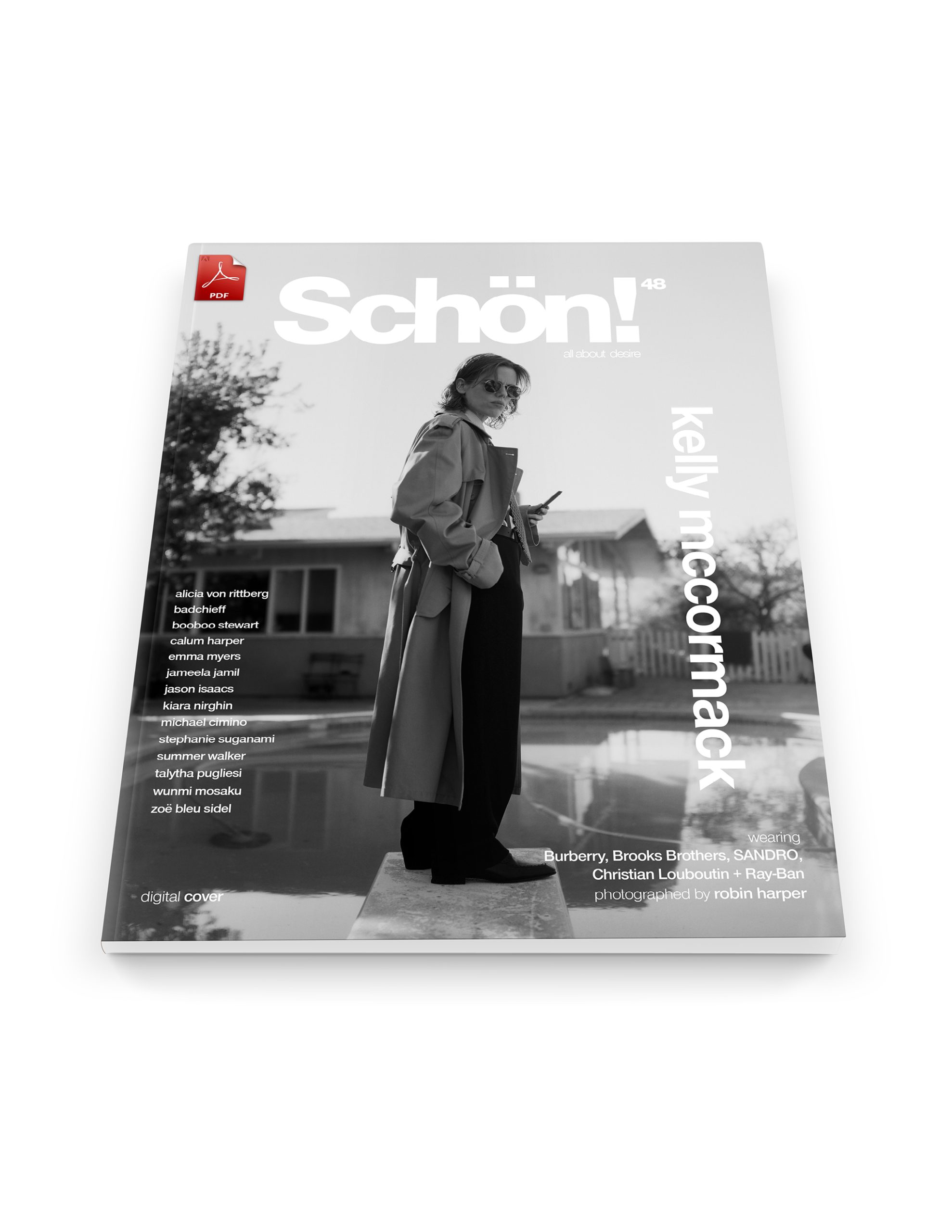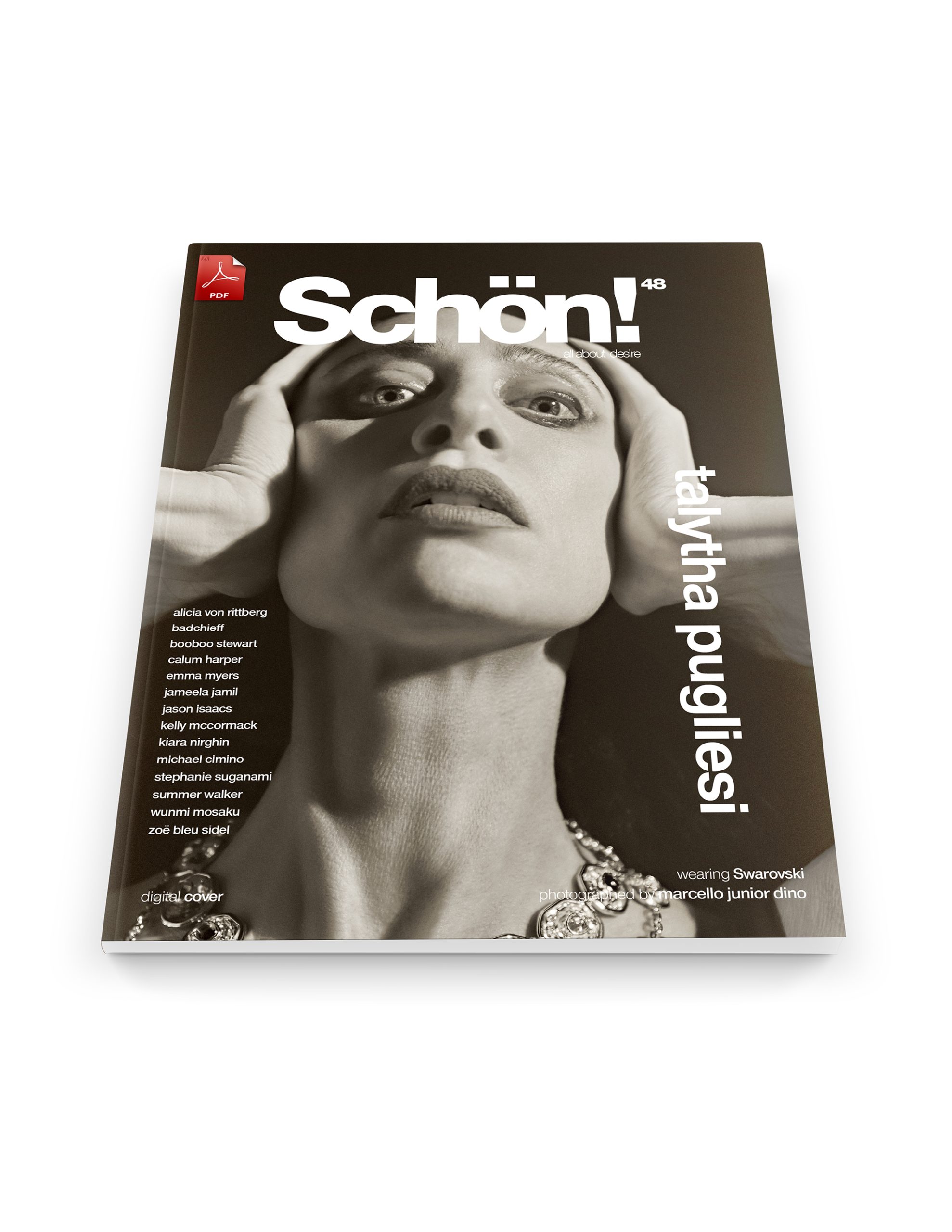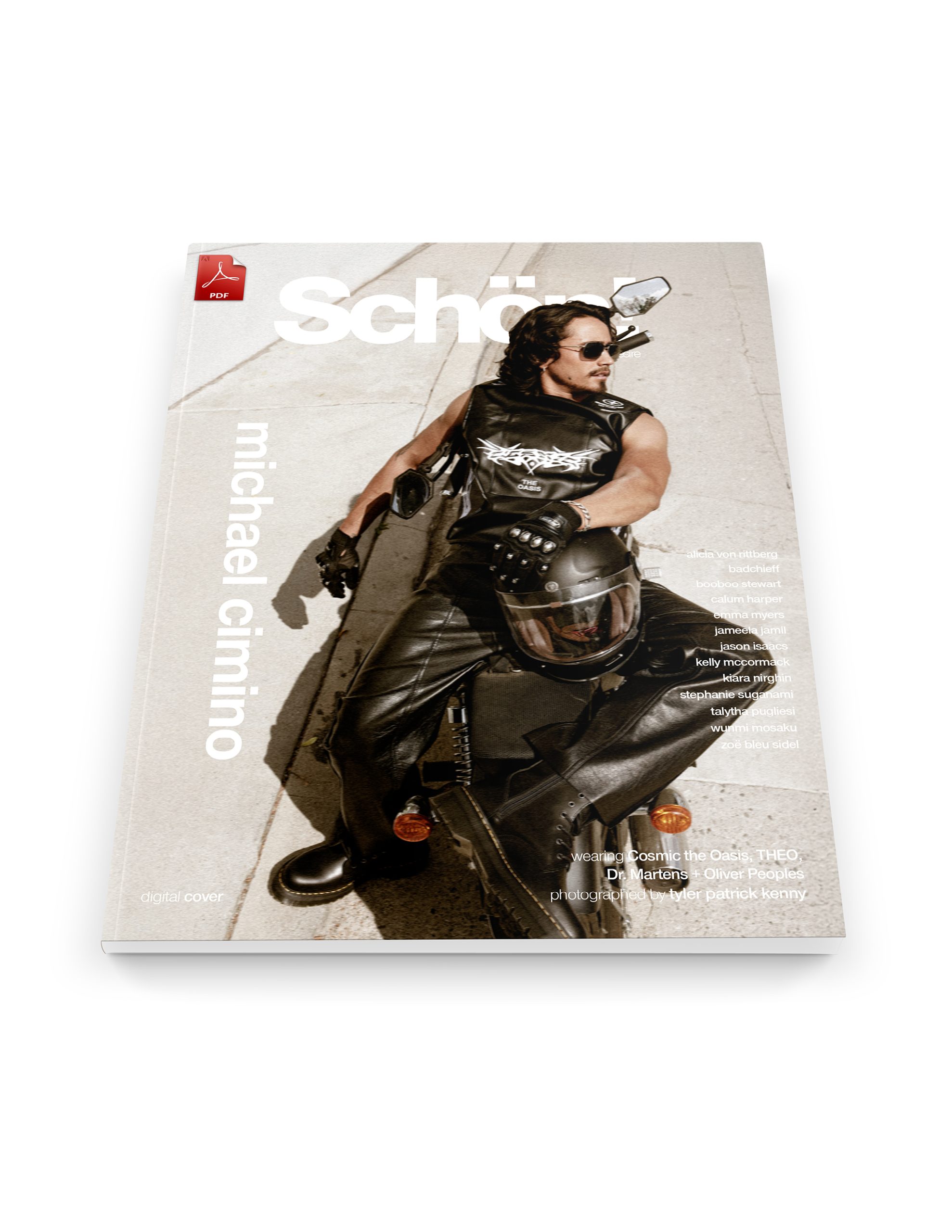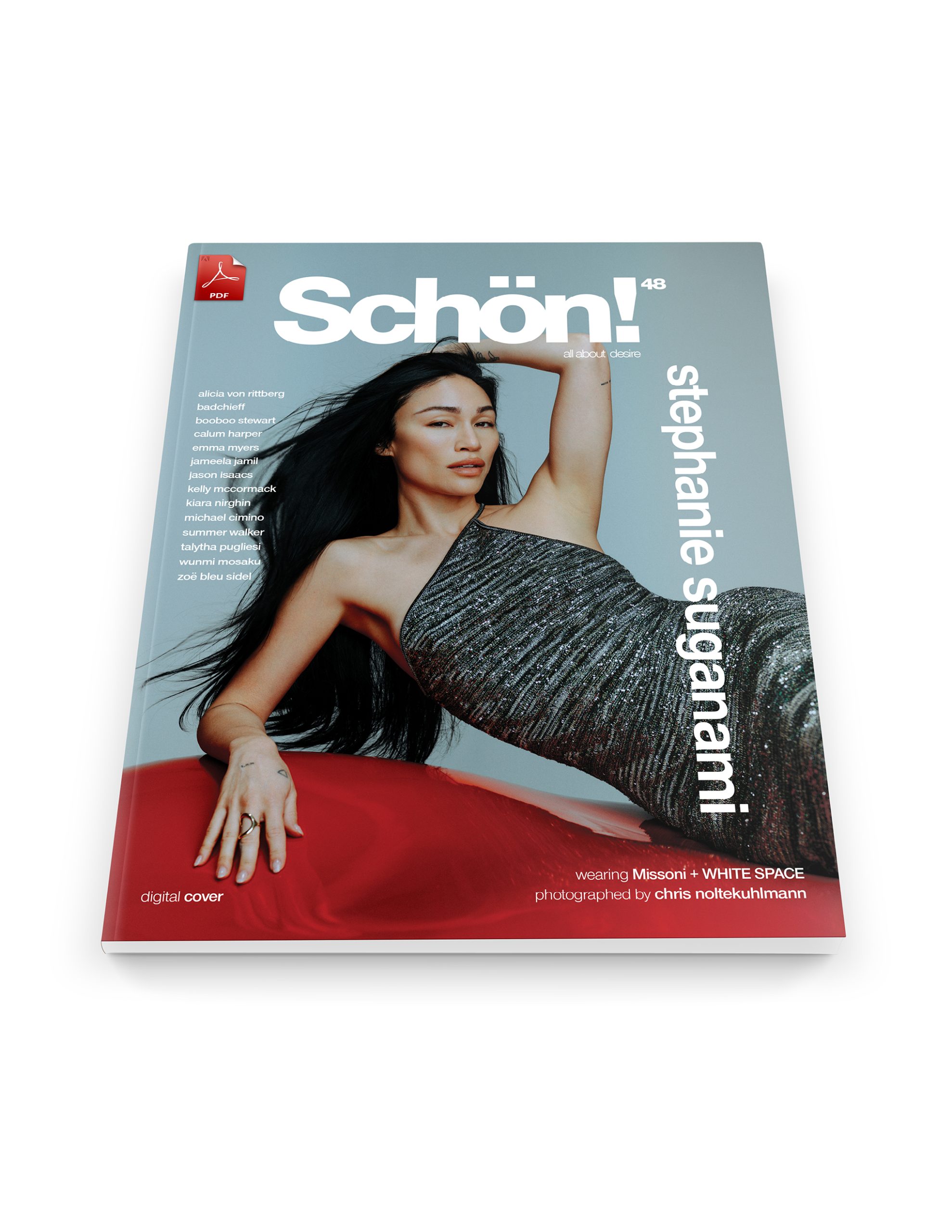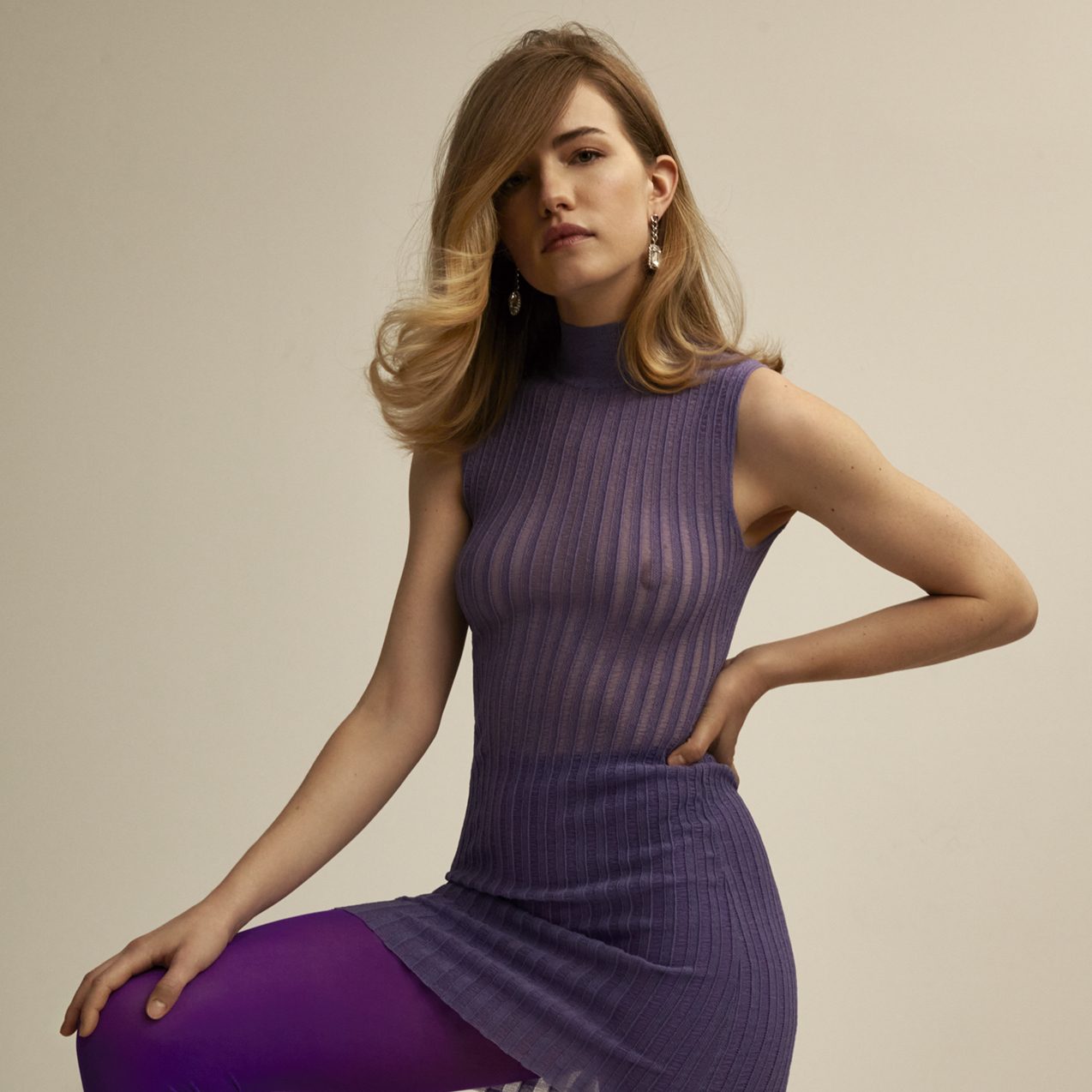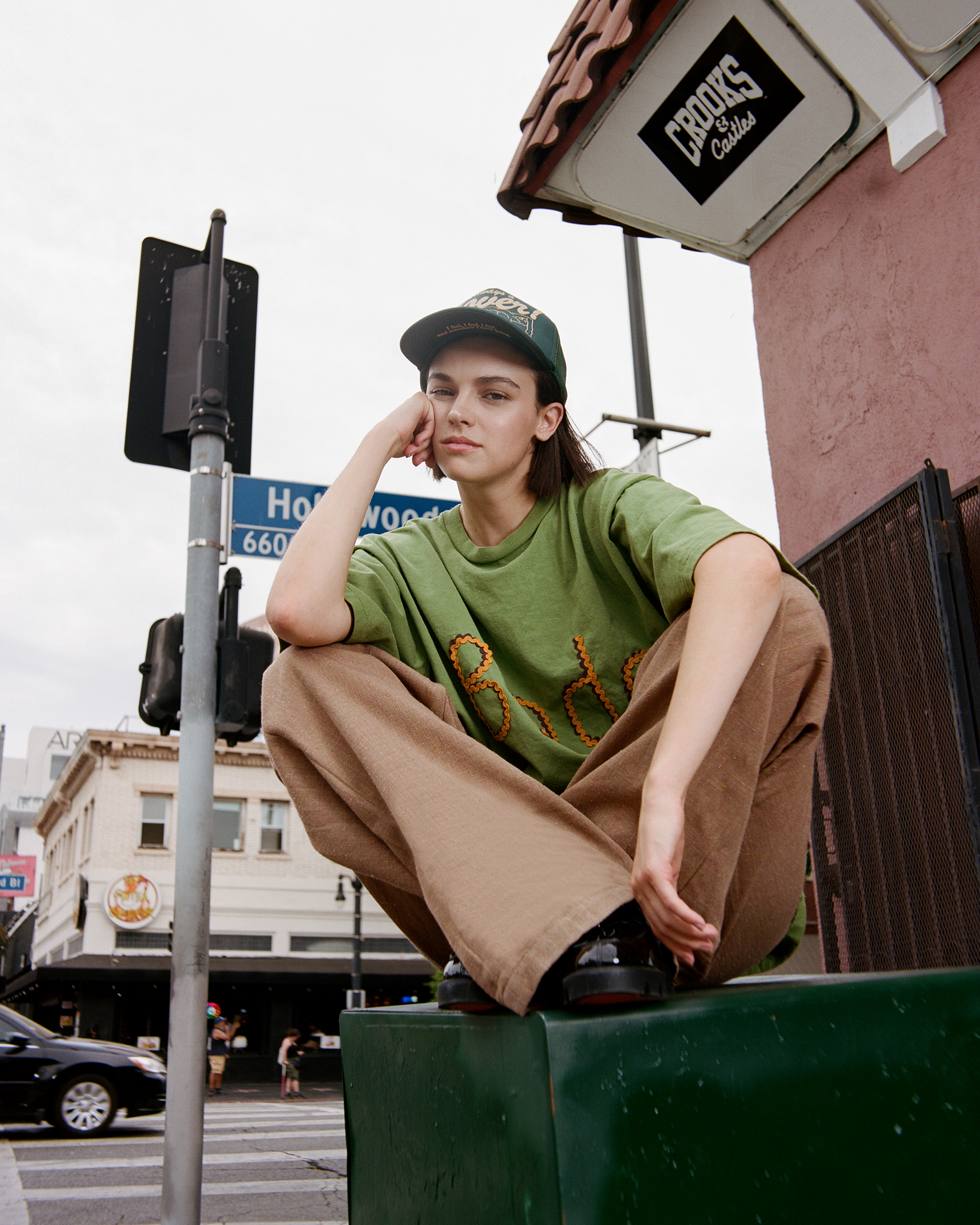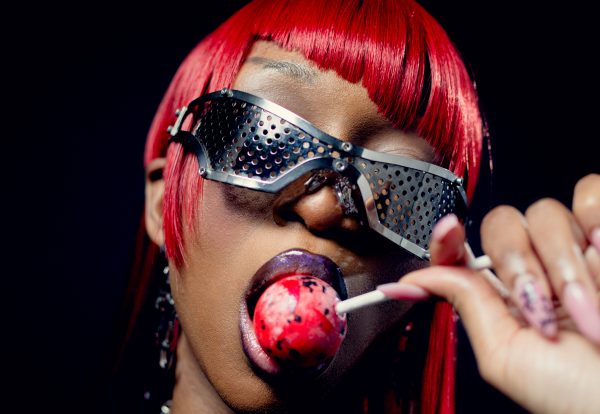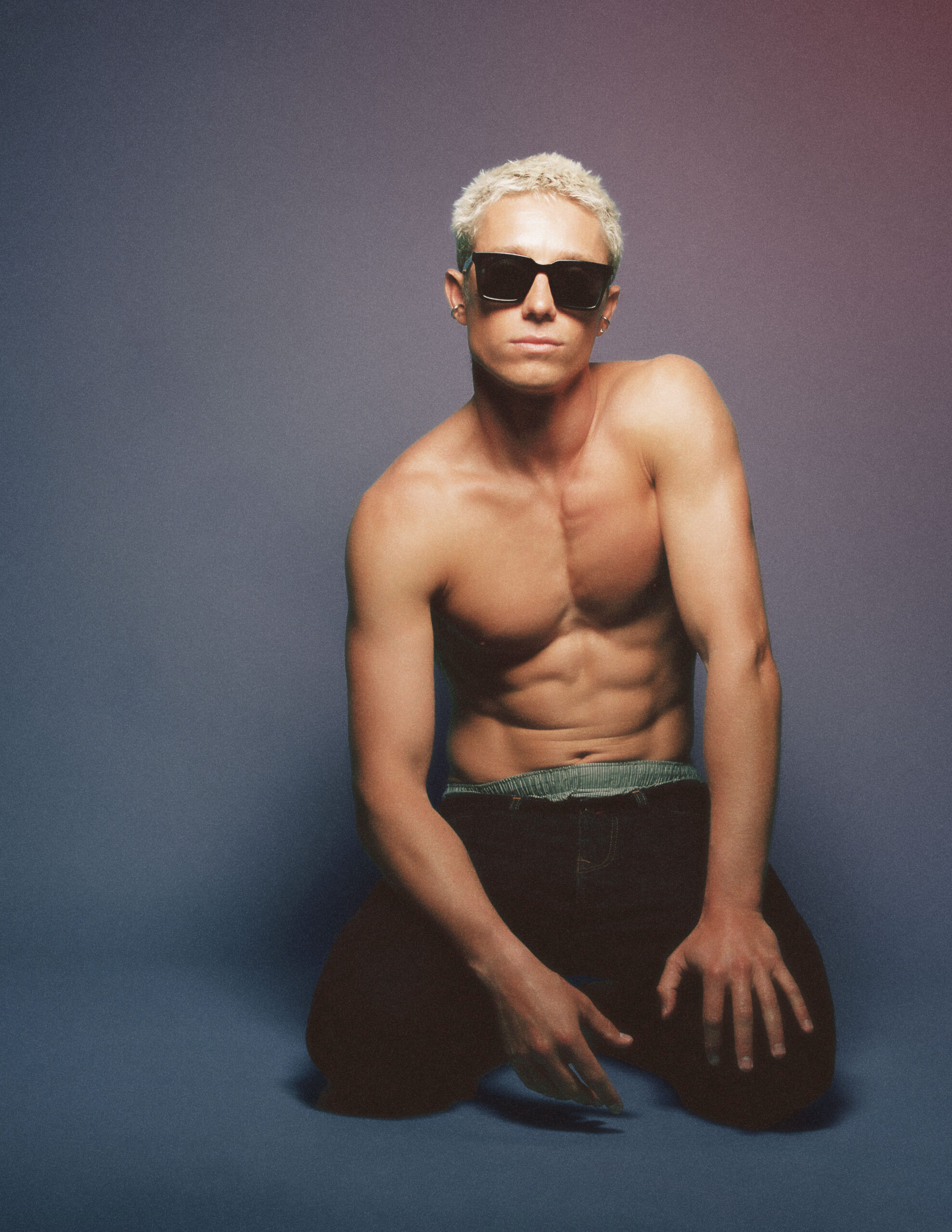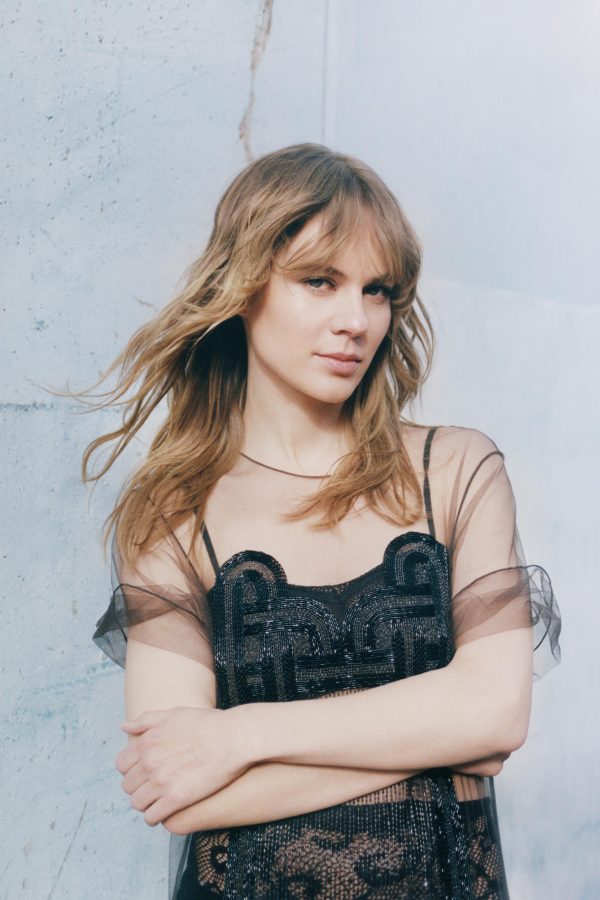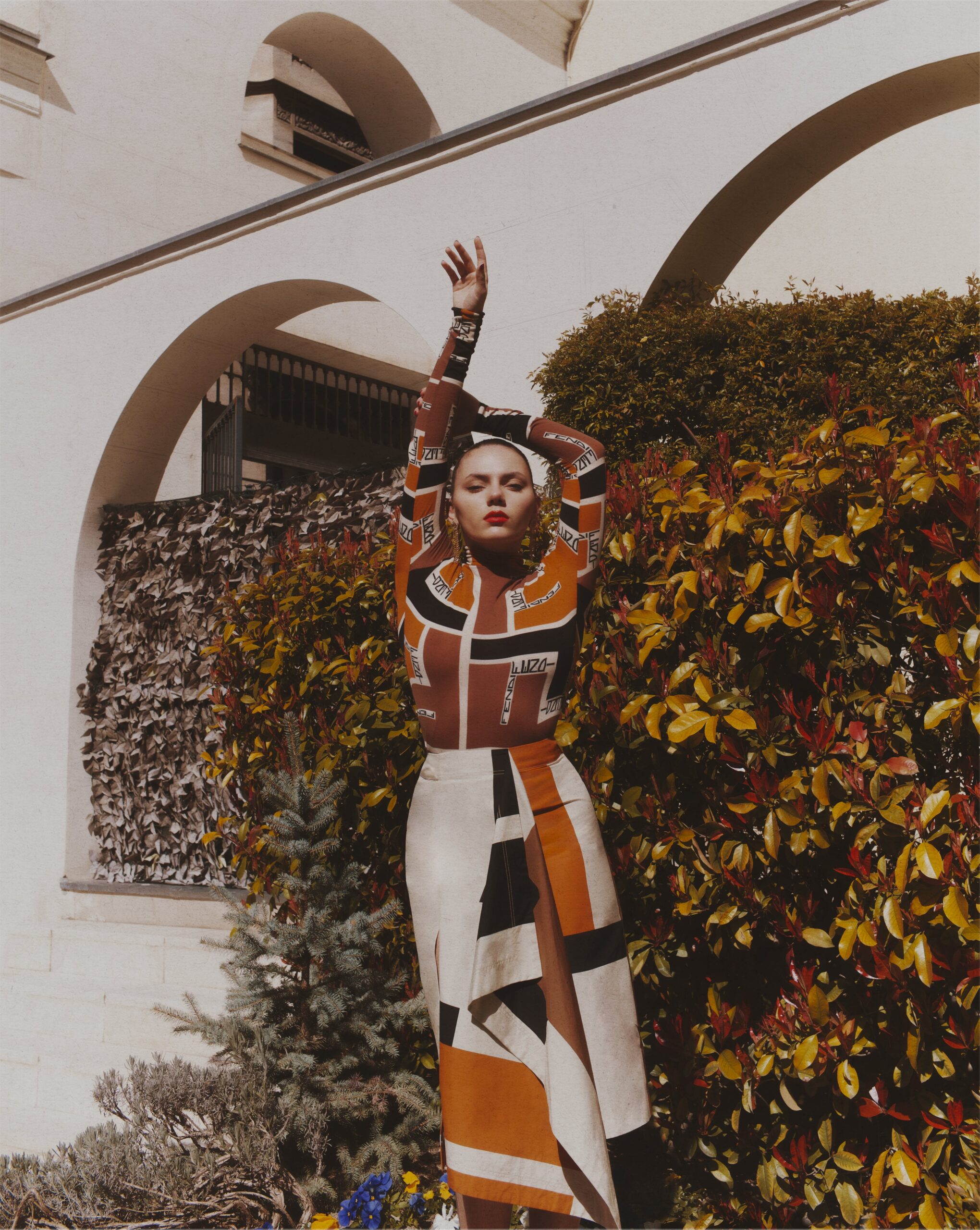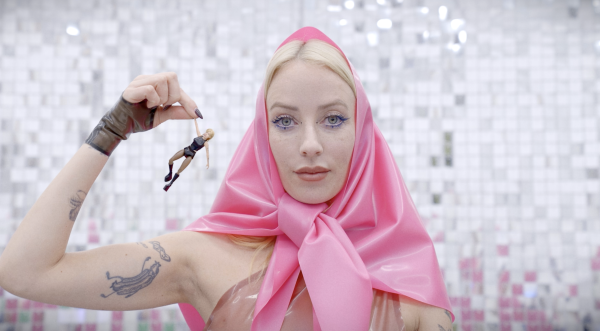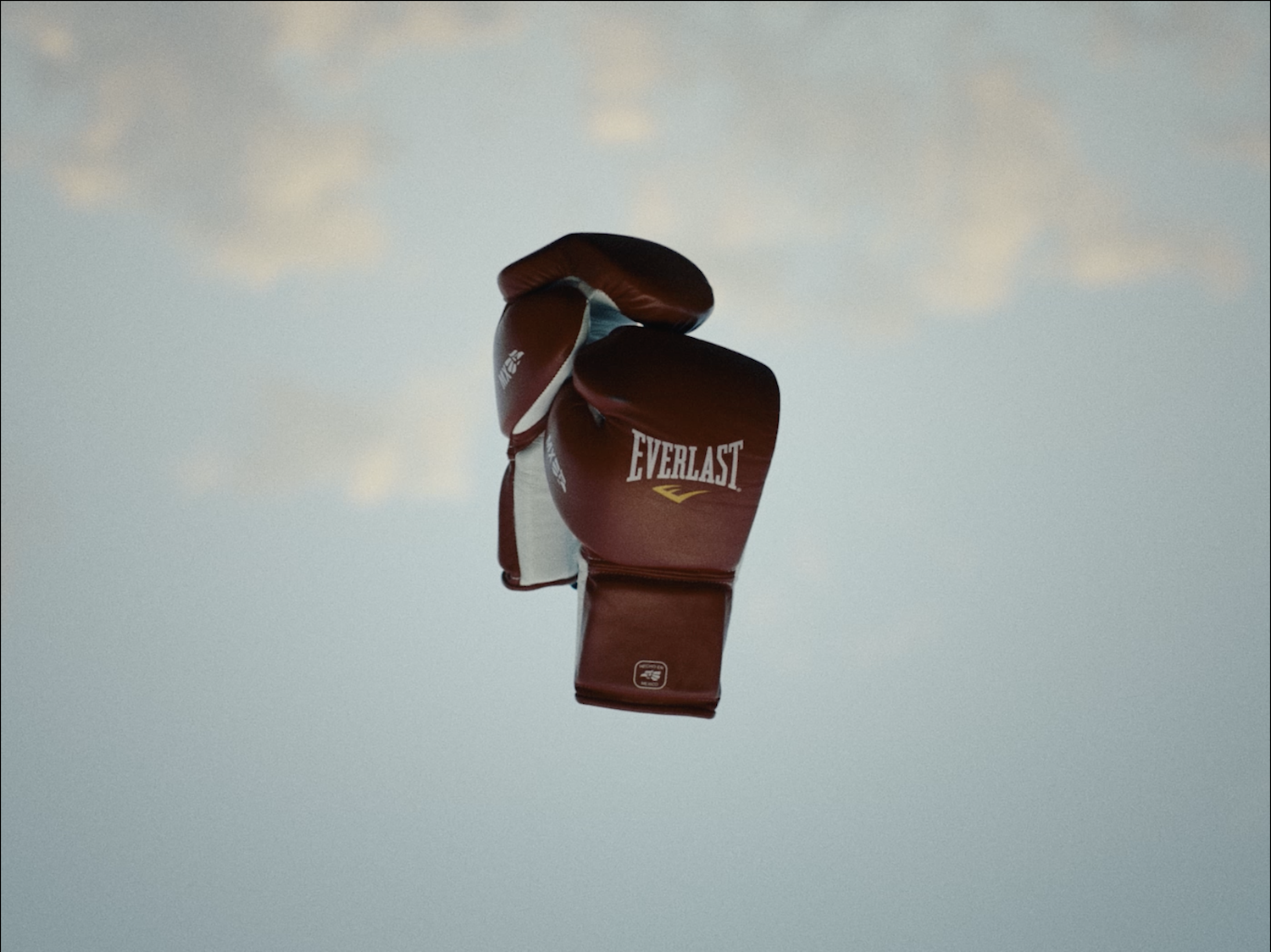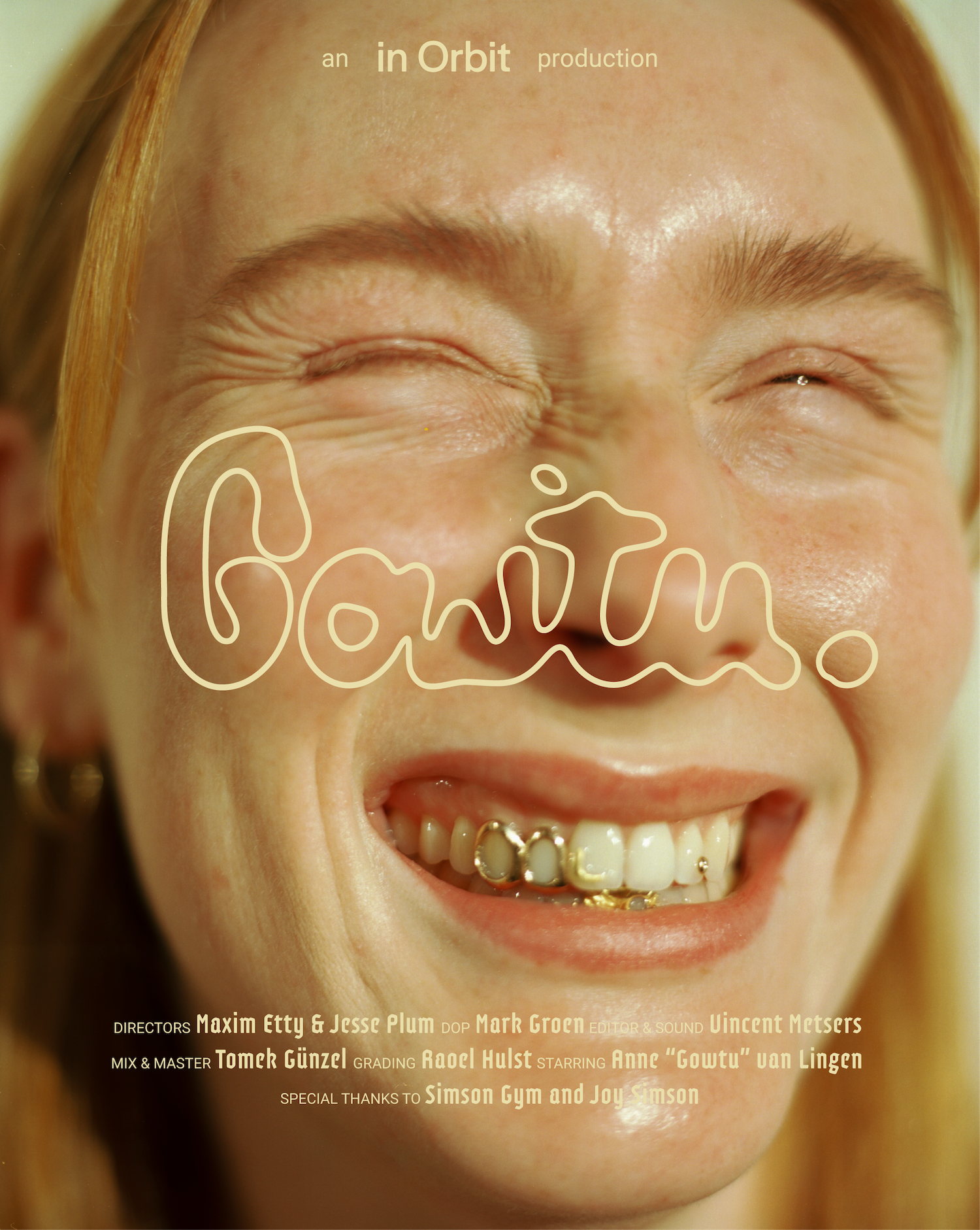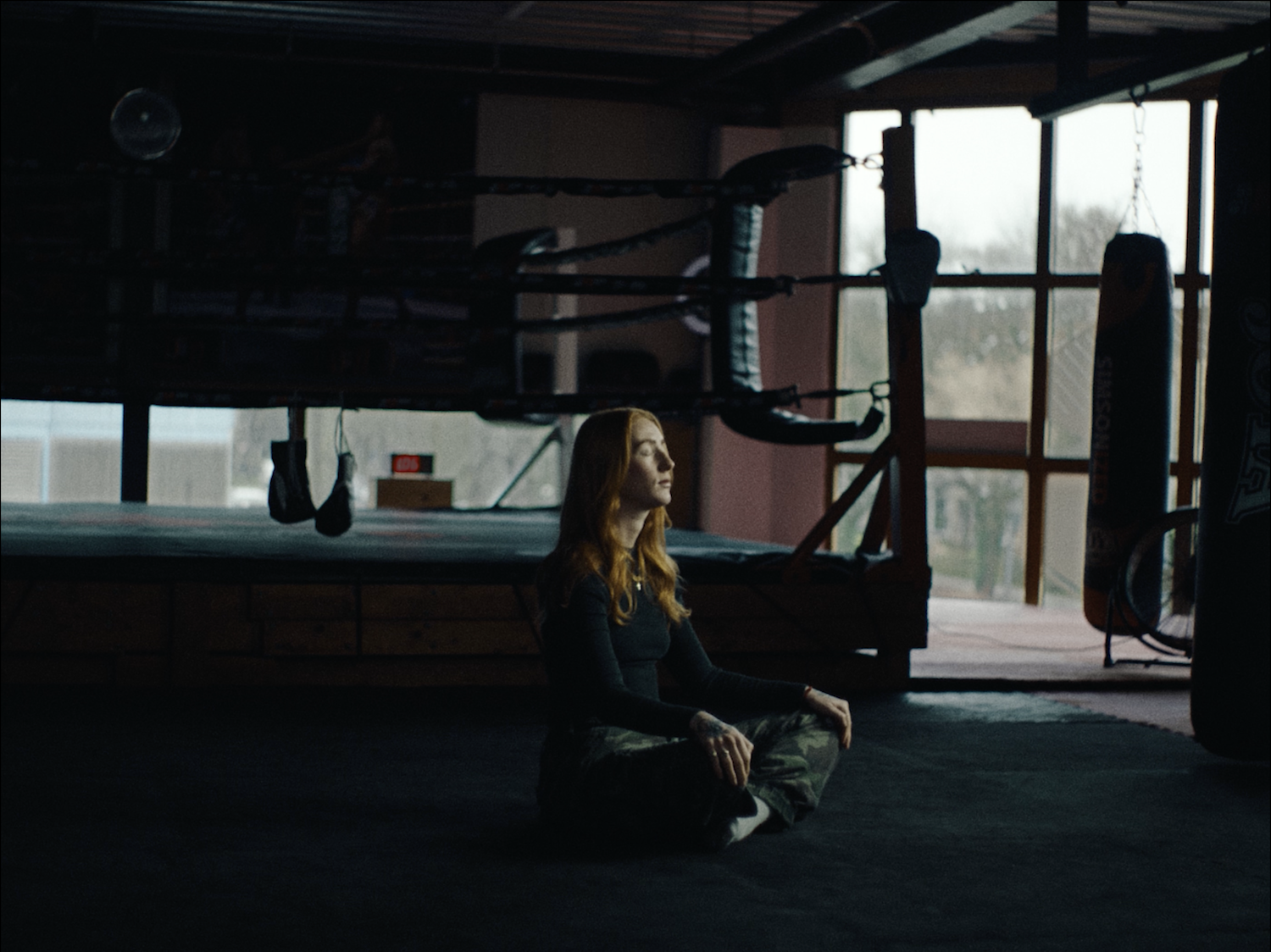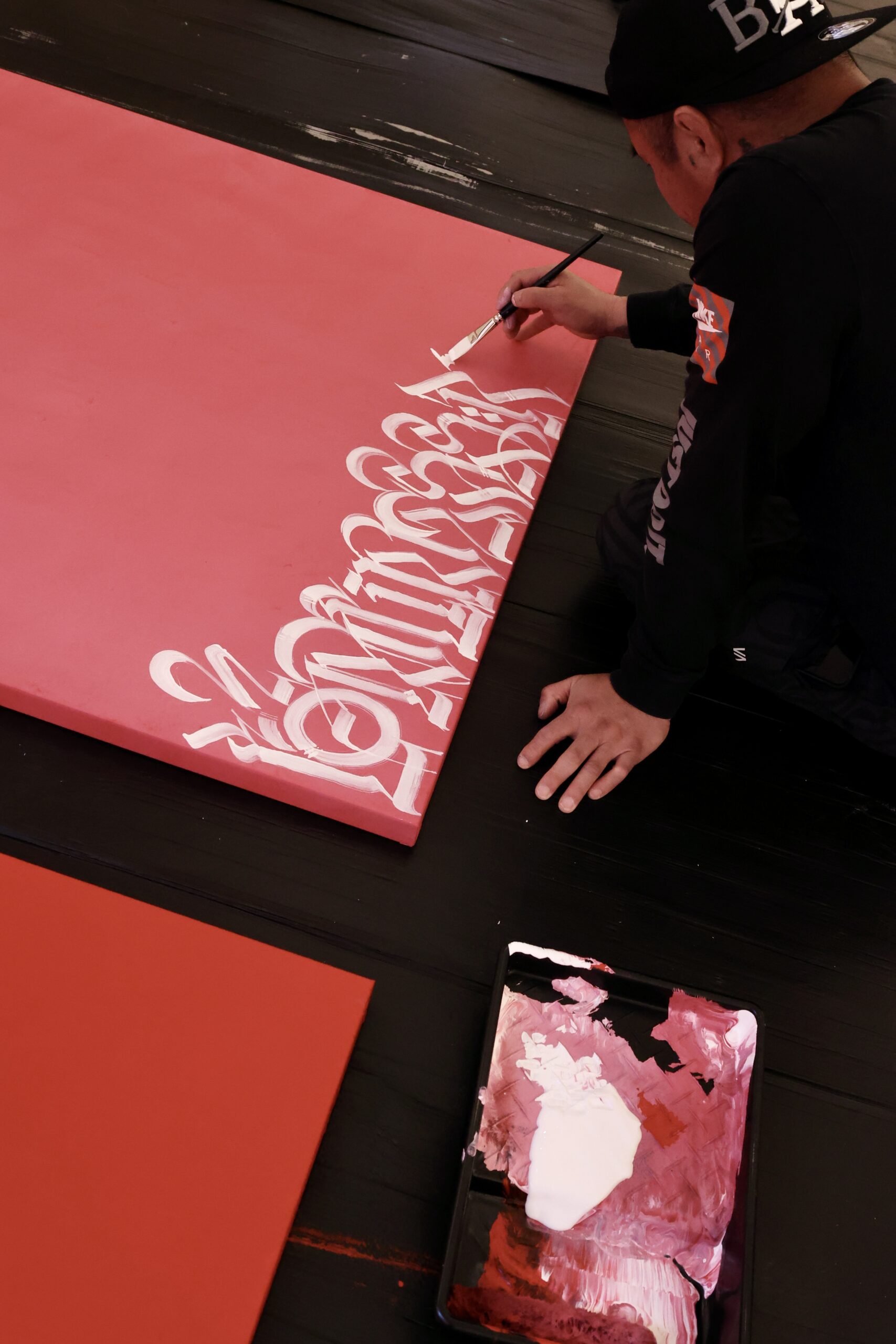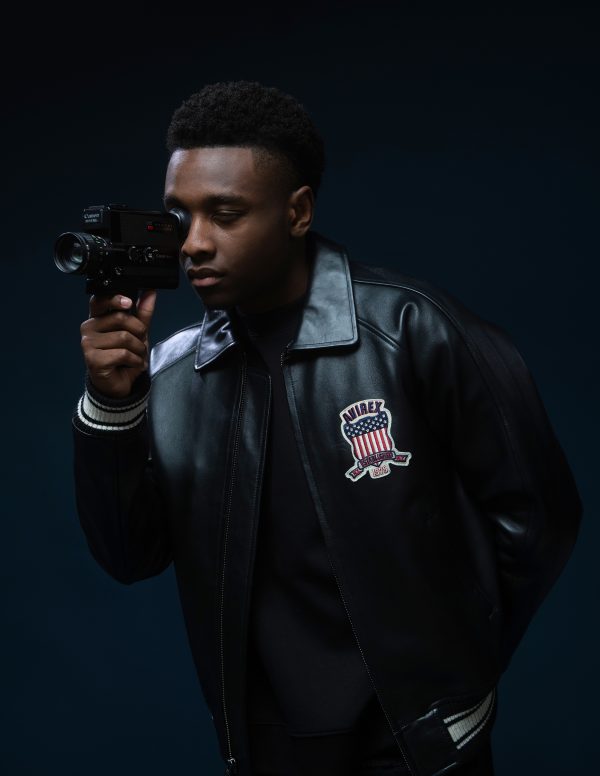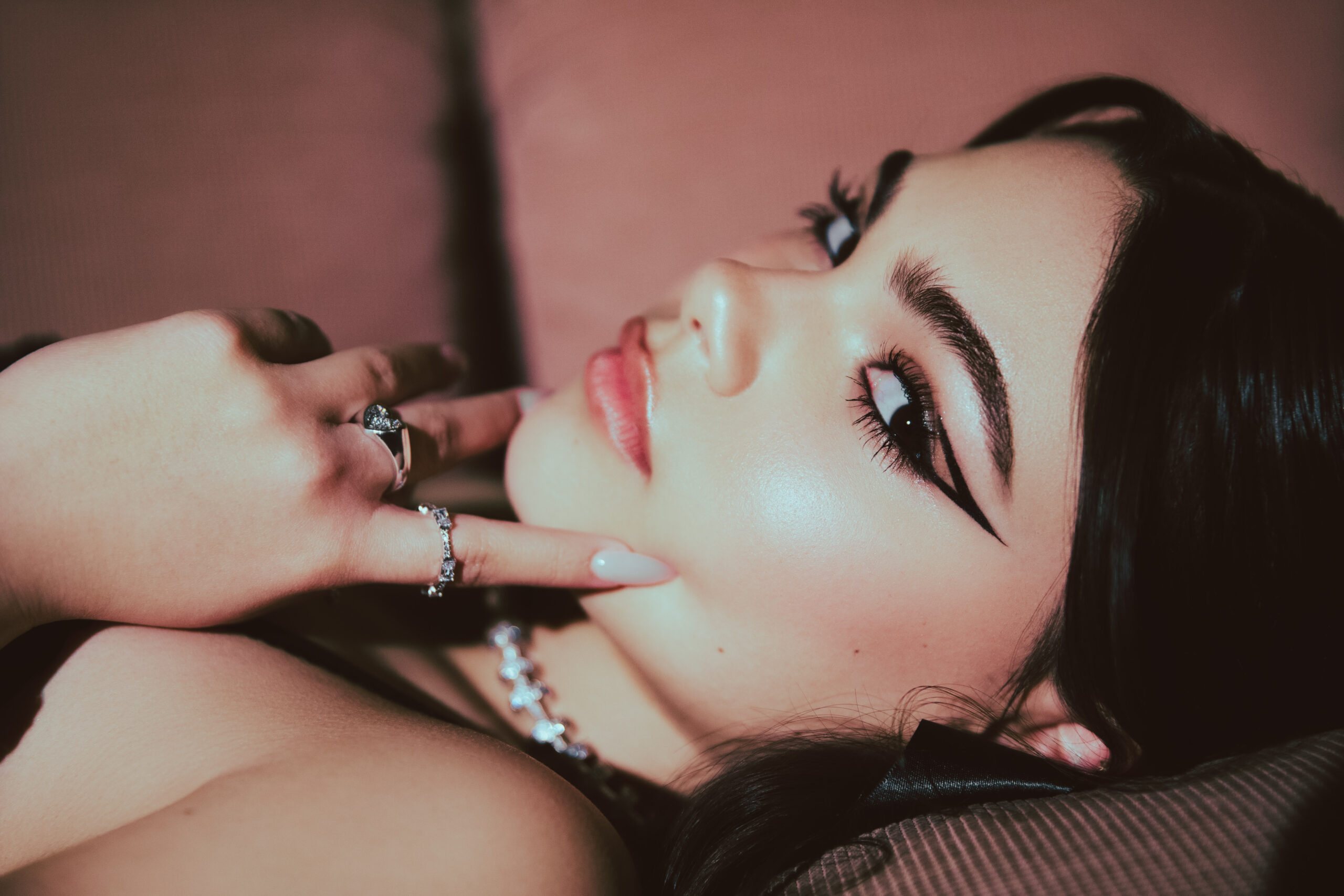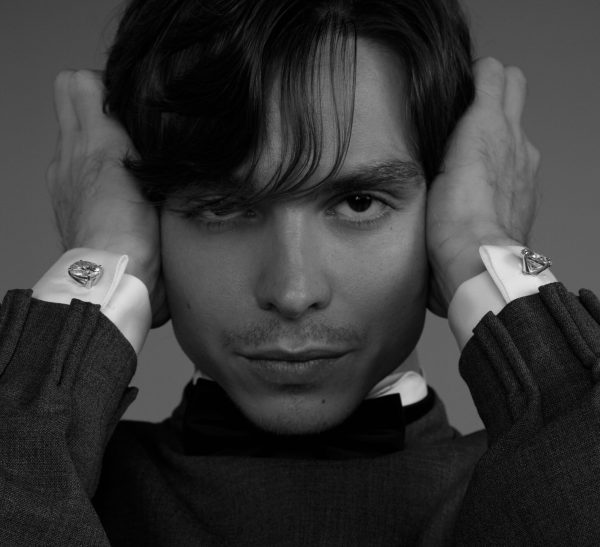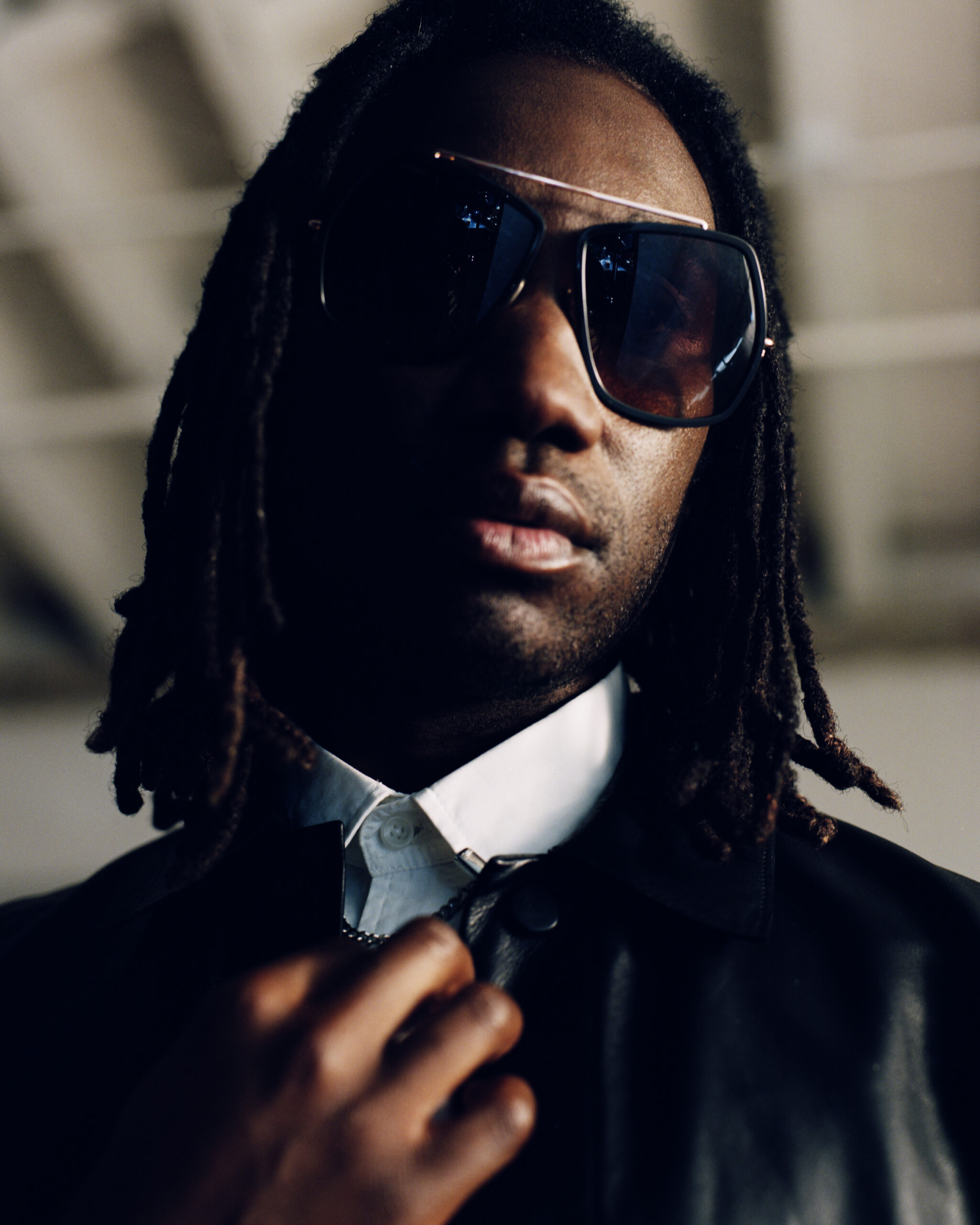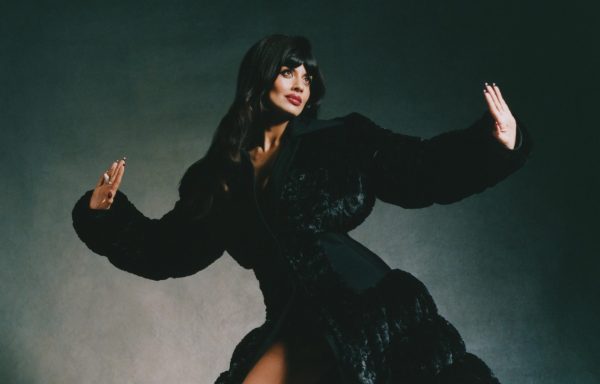Mason Alexander Park is ready for the big leagues. With upcoming Netflix adaptations of both Cowboy Bebop and Neil Gaiman’s The Sandman under their belt, their star seems to be shining brighter by the day — and we couldn’t be more excited to watch their career grow. Schön! spoke to Park for an exclusive interview about Bebop, their history with acting, what it means to have non-binary representation on-screen and so much more.
Talk a bit about your history in acting. What drew you to it?
I was fortunate to have incredibly supportive parents who were very interested in trying to identify various interests of mine at a young age, throwing me in all kinds of extracurricular activities to help me be as well rounded as possible. I was obsessed with movies, particularly watching the special features for films like Jurassic Park and Alien, and was convinced that I could have a career in animatronics or creature design like Stan Winston (I was 6 years old). After some trial and error, my parents eventually found an acting summer camp in San Antonio, Texas where I fell deeply in love with live performance. There was something about the power of connecting with people in an entertaining way, and the capacity it had to elicit both joy and self-reflection. I was drawn to the community that is so much built into storytelling, from the people you collaborate with to the audience. The first time I was ever paid as an actor was for a regional theatre production of Peter Pan, which was my first experience working alongside people who had made a career out of acting but were not “names.” I remember being struck by the idea that you didn’t have to be the next Jim Carey in order to earn a living as an actor, and that plenty of people made ends meet and enjoyed a life floating from job to job.
Do you remember the first acting performance that really touched you? What was it, and what about it has lingered with you to this day?
I honestly have to say that I fell in love with directing long before acting. There was something about listening to the way Stephen Spielberg talked about his work that made me ache to be a part of the creative process of filmmaking. So most of my early memories of experiencing film and television as a medium were coming from a place of awe about the process as a whole. Eventually I paid more attention to individual performances; as a kid I distinctly remember being moved by Haley Joel Osment’s performance in A.I.
You started on the stage. With most theatres still closed, what do you miss most about theatre — both performing and attending?
Theatre is such a rewarding exchange for both the actor and the audience — the communal aspect of what takes place in a theatre is something that cannot be replicated energetically in film and television, and is a remarkably moving and unique experience. One of the things that has drawn me to the theatre as an actor is the strength and stamina that it takes to complete an entire story in one single evening. The skillset required of theatrical storytelling is incredible, and theatre as an art form is one of the most transformative and life-affirming experiences that an actor/audience can have with a piece of text. I miss the feeling of gathering in a dark theatre with no distractions and just holding space for our common humanity, allowing everyone in the audience a chance to connect and be seen no matter who you are.
Let’s talk about Cowboy Bebop. How did you first get involved with the production?
Cowboy Bebop came into my life when my agents sent me along the information to make a self tape for the series, which I had remembered seeing episodes of on Adult Swim at 1 AM when I was a child… so I immediately was very excited about the world of the show and its possibilities as a property. I vaguely remembered the Jupiter Jazz storyline with Gren and immediately bought the episodes to re-familiarise myself with the material before diving in and doing my own thing with it. So I taped the audition through FaceTime with my partner and sent it in, not really expecting anything. A few days later I was asked to come into a Zoom meeting with our showrunner and director to discuss the character and the responsibility and challenges involved in creating a non-binary Gren that would translate thematically in today’s day and age. They offered me the role, and I started packing for New Zealand!
Obviously this series is super beloved. Were you nervous to be part of the legacy of such a well-known series? How did you alleviate those nerves?
It’s hard not to be nervous when it comes to adapting iconic material, especially something as brilliant as Cowboy Bebop. The source material is so phenomenal with such a strong fan base, so it’s hard to jump in and convince people that you are going to do something interesting and respectful with a property they love. But what I appreciate about adaptations is that all they do is bring an entirely new fan base to the source material and allow people to build on the world they fell in love with decades ago. Cowboy Bebop is one of the few animes that I can think of that really naturally lends itself to a live action adaptation; many of the references and styles that shaped the original come from various live action films I adored growing up, like Star Wars and Alien, so it’s fun sort of translating those homages back into a live format.
What does preparation for a role like Gren look like?
Well, I immediately devoured the entire series again once I knew the role was mine, which was one of the best treats of quarantine thus far. It gave me the perfect excuse to geek out over episodes I remember and discover new ones I had never seen. Then a lot of work went into creating something that honored the original but felt truer to our version of the show and the character. I spent weeks in design meetings with our incredible costume designer Jane, talking about our fashion influences, silhouettes, fabrics, and shapes… and then we started to build out a possible closet for Gren that continued to grow and shift as we got further into the process. I really appreciate the design process of a character’s look because I find it to be so helpful and informative in my discovery of who a person is, so I was super grateful to be a part of those discussions every step of the way. Then it really came down to figuring out the tone of the show and how best to find that tone for my character as well, which was very fun and tricky seeing as we were crafting that as you go along as opposed to slipping into a series that has already been established and running for years.
We know you can’t get too specific, but what was your favourite moment from creating Cowboy Bebop?
I wish I could talk about the specifics because there were honestly so many wonderful moments on that show, but I can probably say that I just really enjoyed getting to work with this phenomenal cast and see them all work up close and personal. Everyone in this show is so uniquely right for the role they’re playing, to a degree that is thrilling to me as a Bebop superfan. Seeing locations and images from the anime recreated in real life was both invigorating and emotional, and I can’t wait to share it with everyone.
Gren is also nonbinary in the series. If you’re comfortable talking about this, what does having more nonbinary characters and stories on television mean to you?
It’s always so interesting to see how various people react to representation in media, especially when it comes to trans and nonbinary representation in film and television. With visibility comes the absolute highest of highs and the lowest of lows. It’s euphoric to feel seen and celebrated for the progress within our industry and the cultural conversation alone, and equally discouraging to be reminded of all the work that has yet to be done. Accurate, queer representation does not have the capacity to create a negative impact on culture, yet people can be so averse to it because it’s something they’re uncomfortable with themselves. Being exposed to realities and lived experiences that are different from the heteronormative, cisgender, white lens that most things are created from has the ability to elicit empathy, understanding, and change in a way that few things can. It also is a life-affirming and lifesaving experience for many people who feel like outsiders and have yet to see someone like them on screen or in their books. When you are a marginalised person, seeing someone like you on screen can make you feel that you are equally worthy of existing in art and in life. Gren is a fantastic character who already existed in a gender variant space, and we are being given the amazing opportunity to look at them with a new lens to help improve upon the way we represent trans characters in storytelling. If I had a character like this in a popular series growing up, I would have had the vernacular to describe who I was and how I felt more clearly much sooner. It also helps to normalise our existence in everyday life and can have a direct impact on legislation like the wave of anti-trans bills that are currently sweeping the US.
Do you have any other upcoming roles you can tell us about?
I am so excited that I can finally talk about playing Desire in the upcoming adaptation of Neil Gaiman’s The Sandman for Netflix. I was in quarantine in New Zealand about to film Bebop when I found out about the adaptation, and I was losing my mind at two in the morning scouring the internet for more information. Eventually, I decided to tweet Neil directly to see if Desire would be making an appearance in the first season, to which he shockingly replied. Fast forward a month or so and I got a request to audition in the middle of filming Bebop, so one day after work I ran home, changed and recorded a tape with one of my phenomenal co-stars Tamara Tunie. They loved the tape and asked if I would be interested in playing the role, and I had to keep it under wraps for another six months, which, when you’re that jazzed about something, can feel like a lifetime. I’m so honoured to be able to play two remarkable nonbinary characters in two shows that were definitive for queer representation in a time where it was pretty unheard of. Desire is a delicious role, and as a fan of Neil I couldn’t be more excited to be a part of The Sandman universe. My inner child is BEAMING.
How was your quarantine period? What did you do to keep busy?
Quarantine had its ups and downs. There was a lot of loss and grief, but I feel very privileged to have had any work at all during the pandemic which has helped get me through mentally in many ways. I think artists sometimes base their worth on productivity; as an actor it’s very hard to sit still. But, I was super happy to have had the forced time off to be able to take a breath and spend some time with my incredible family. I don’t get to see my parents nearly enough in a normal year, so spending months with them celebrating birthdays and holidays indoors was really lovely. I started to write a lot in order to stay busy, and ended up writing a TV show that I’m currently in the process of pitching. As someone who preaches about representation, I find it equally important to have that representation behind the camera, in the writers rooms, and at a studio level. So not only was it a creative escape for me, but it also has served a political function in my desire to get more trans and nonbinary artists in every creative room I work in.
When you’re not acting or prepping for a role, what are some of your hobbies or other interests?
I really have fallen in love with writing and other forms of storytelling beyond just acting, which has been a fantastic skill to hone more this year. I come from musical theatre, so singing will always be an important activity/hobby that I am always looking for more excuses to do, and obviously the lack of live performances in the pandemic has made that very difficult. I’ve also been very lucky to have found some pockets of time to escape into the woods and the lake with my partner and have found a newfound love for simplicity and quiet as a result.
What are you looking forward to right now?
I am looking forward to many things, but I think first and foremost, having a little time off. I think restructuring my needs throughout the pandemic has helped me feel less pressure to always be working, so I am really excited to find a moment to take a breather. My partner is in the midst of filming the new season of The Sinner in Nova Scotia, and I’m hopeful that I can go and visit before I leave for the next adventure. It’s part of the fun of being in a relationship with another creative (especially one who is remarkably talented) but also part of the challenge, so I think we are both aching for a break in our schedules where we can meet up in whatever country one of us is shooting in and go on some adventures. Beyond that, I think what’s so exciting about the position that I am in right now is that these two shows will come out and hopefully inspire more creatives to include queer people in their art and in their stories. We’ve been here since the beginning of time and just have more visibility and the vernacular around our identities has flourished, so it’s nice to see our art change as a result. Oh, and how could I forget — I am so looking forward to eventually attending Comic Con and seeing the Gren and Desire cosplay. I don’t think anything can prepare me for that.
Follow Mason Alexander Park on Instagram.
photography. Victoria Stevens
fashion. Brian Meller
talent. Mason Alexander Park
hair. Ledora Francis for René Furterer
make up. Mish Parti
set design. Devin Rutz
assistant. Molly Zacher
location. Glasshouse Studios, Brooklyn
words. Braden Bjella


Schön! Magazine is now available in print at Amazon,
as ebook download + on any mobile device


